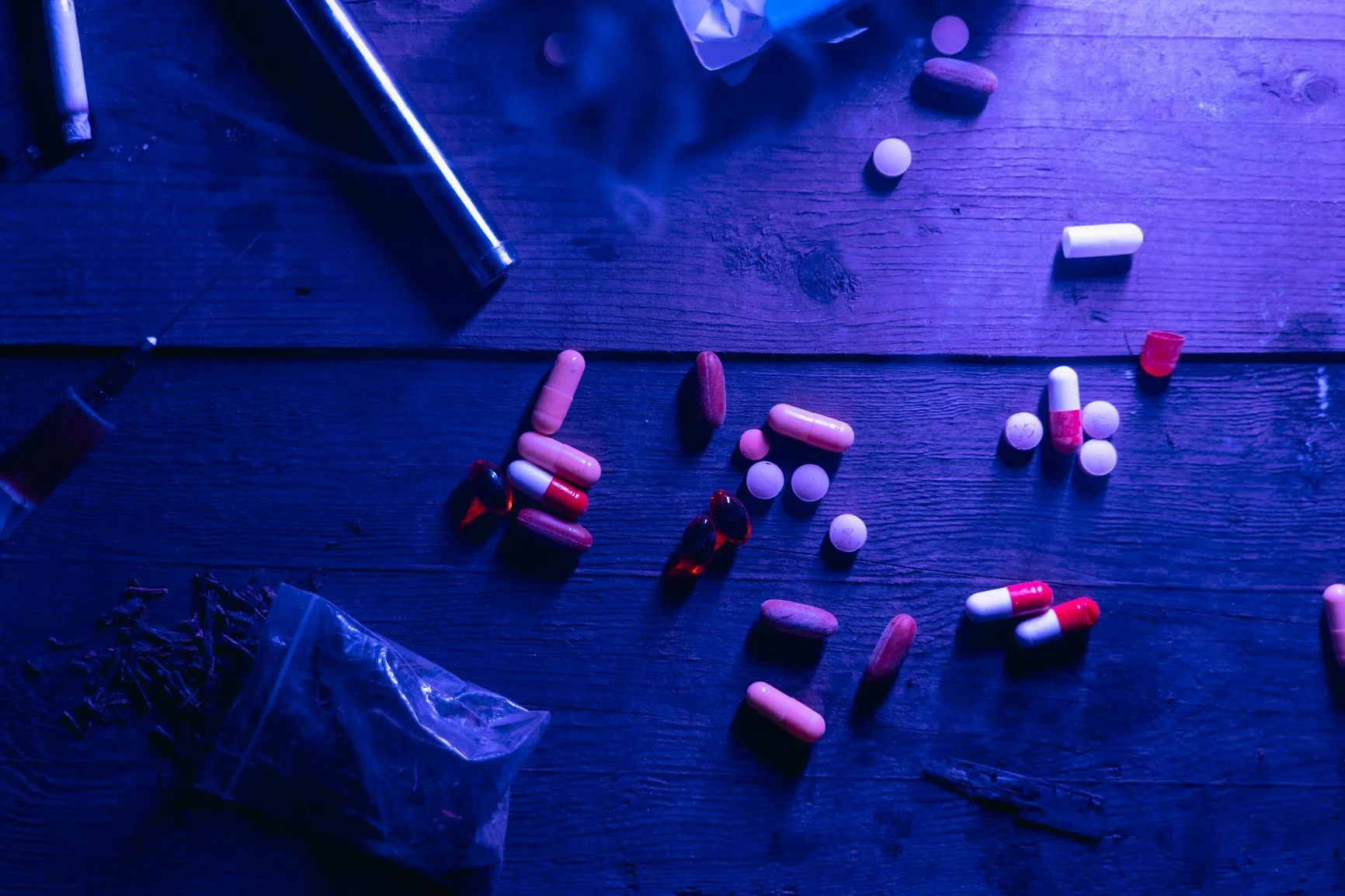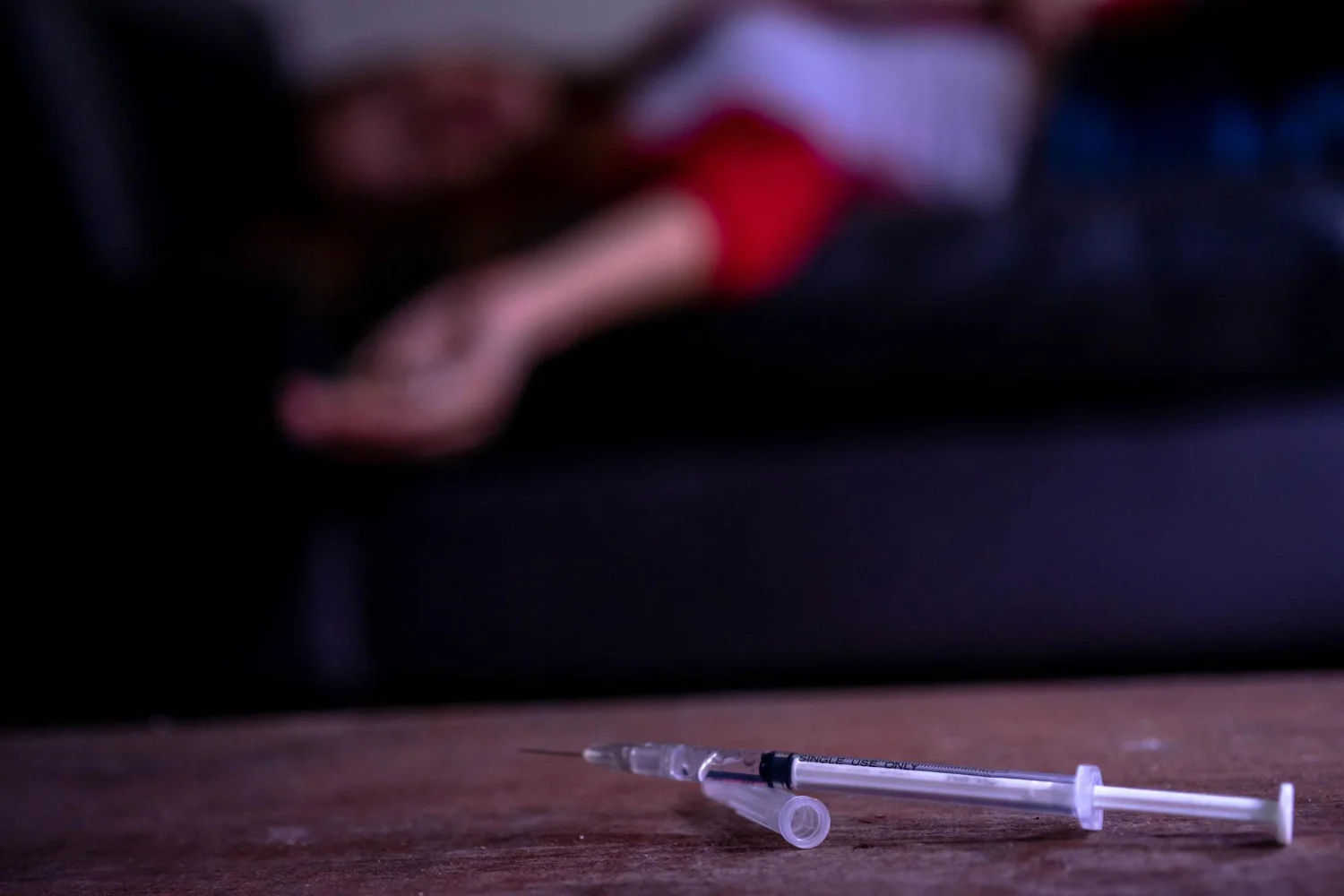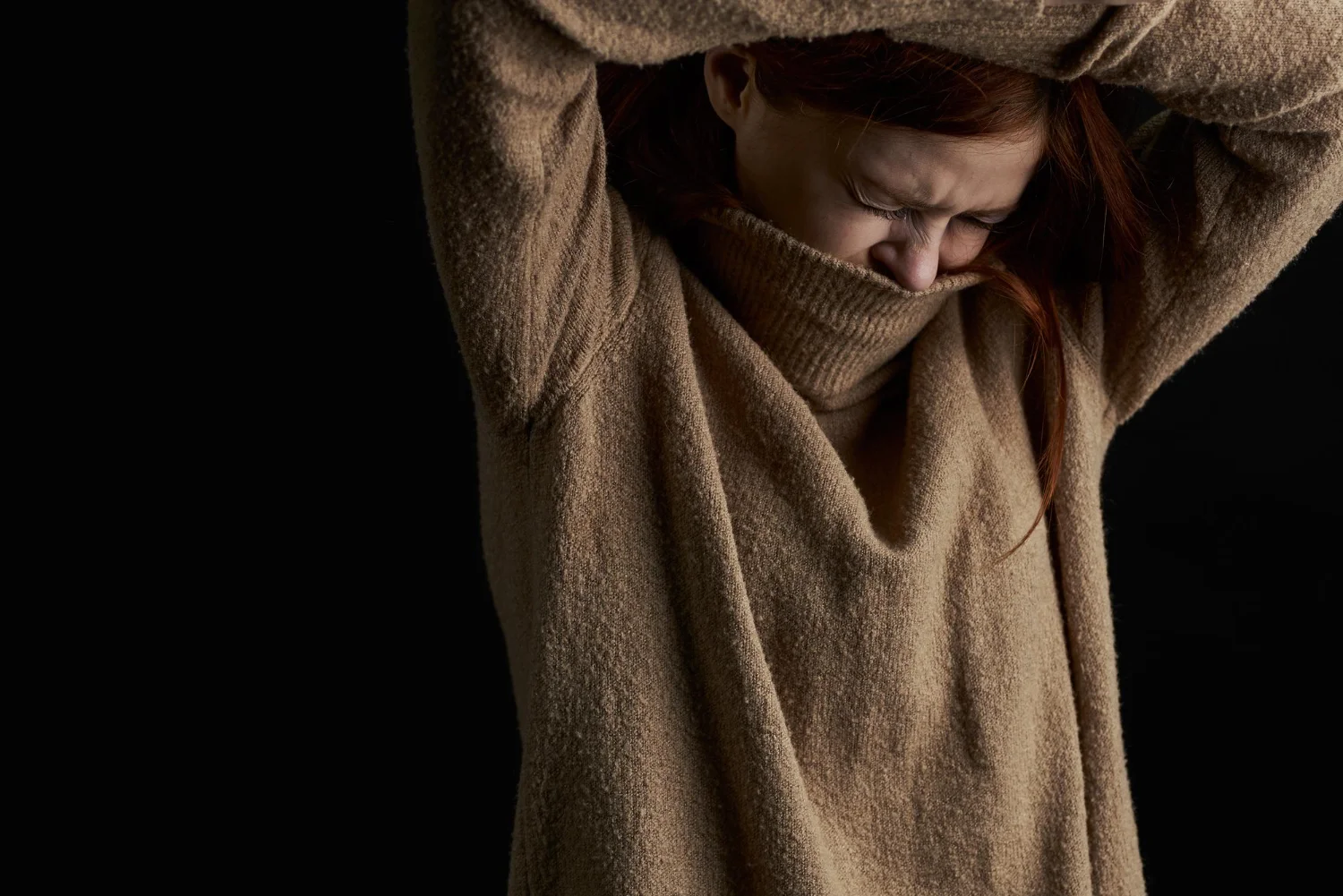74 Best Alcohol and Drug Rehabs in Alaska 2025
Discover the top alcohol and drug rehab centers in Alaska, United States. Explore 74 nearby treatment facilities providing inpatient, outpatient, and detox services.
Use filters to search by payment options, amenities, specialty programs, and more to find the perfect treatment for your unique situation.
74 Treatment Centers in Alaska, US
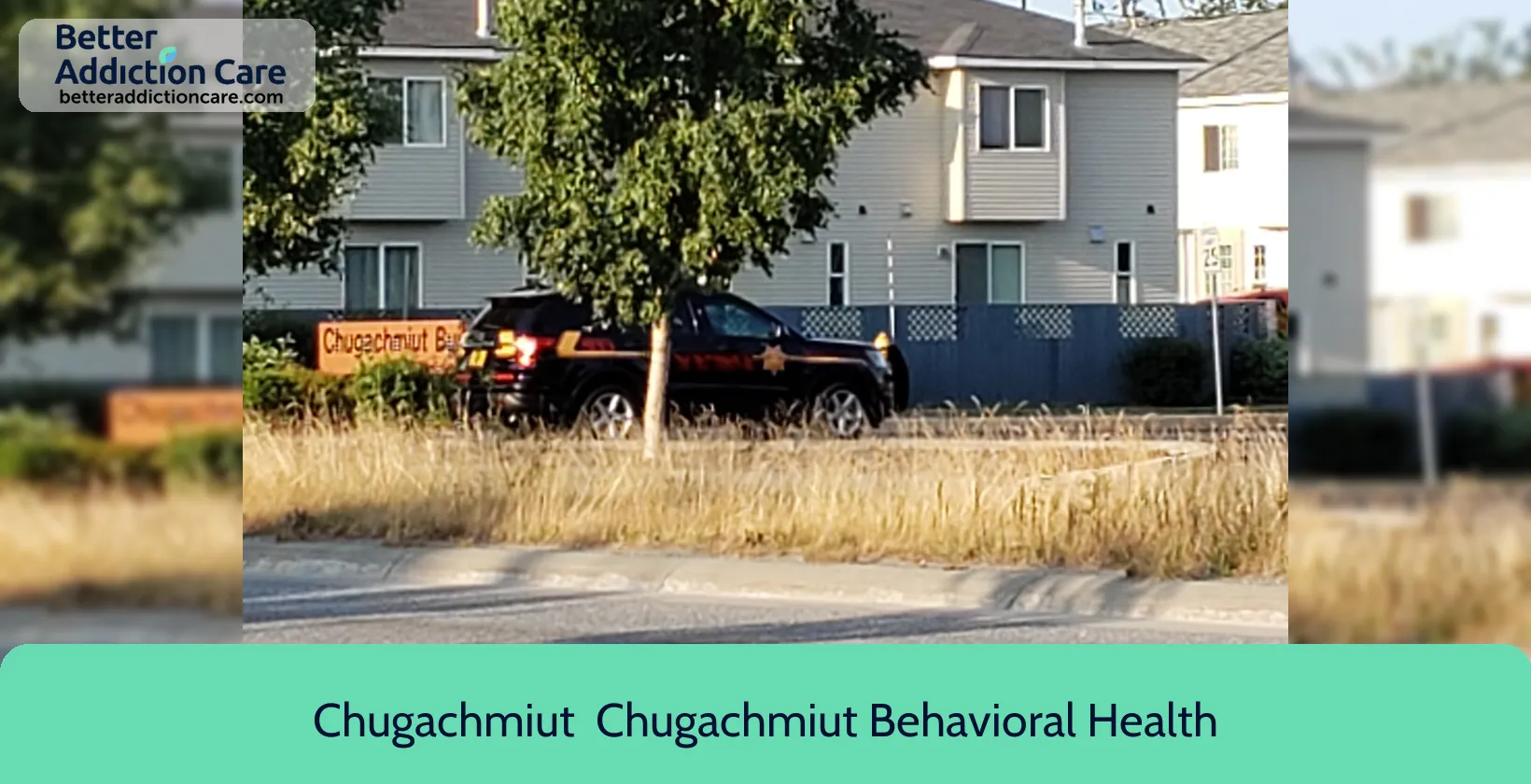
7.46
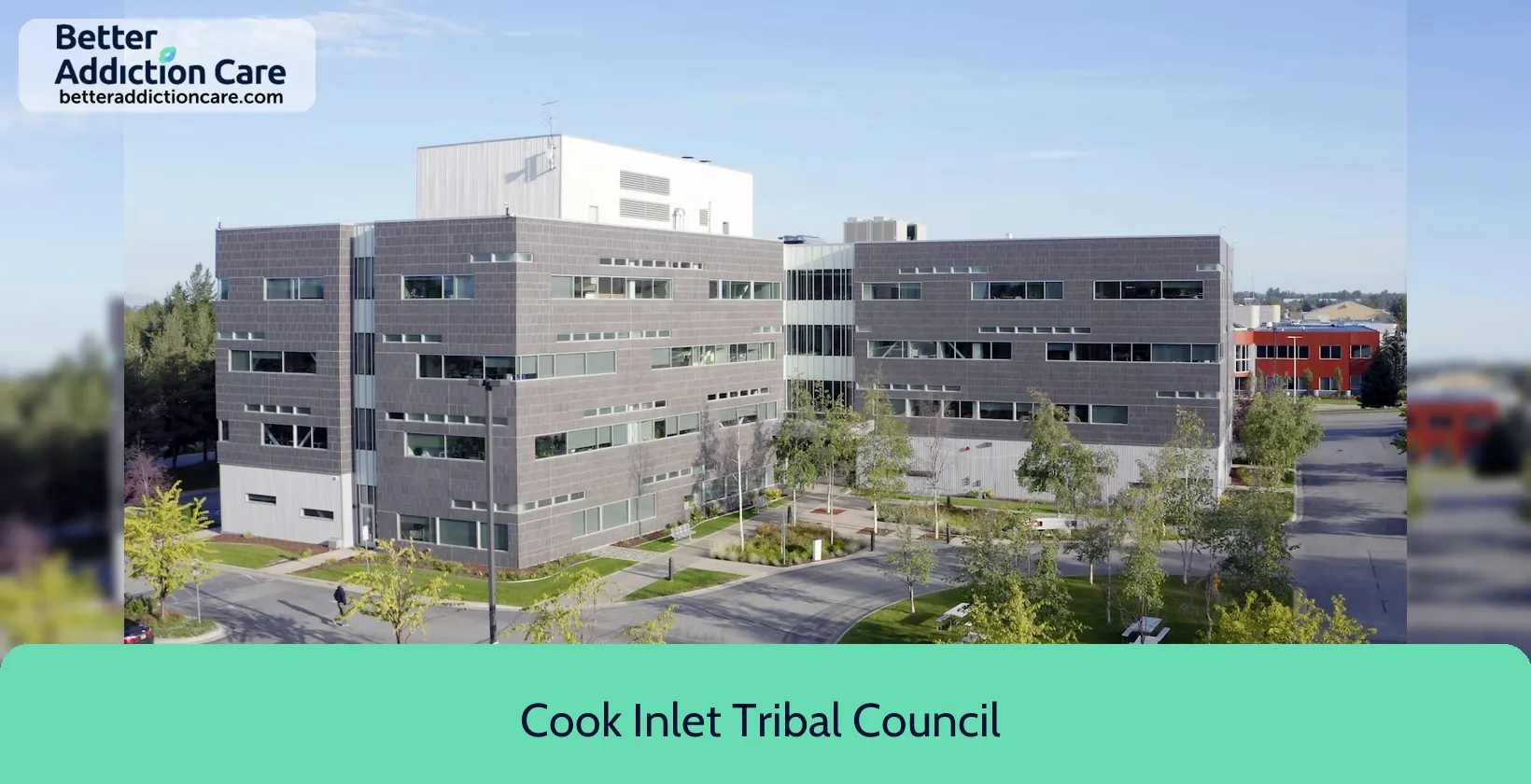
7.03
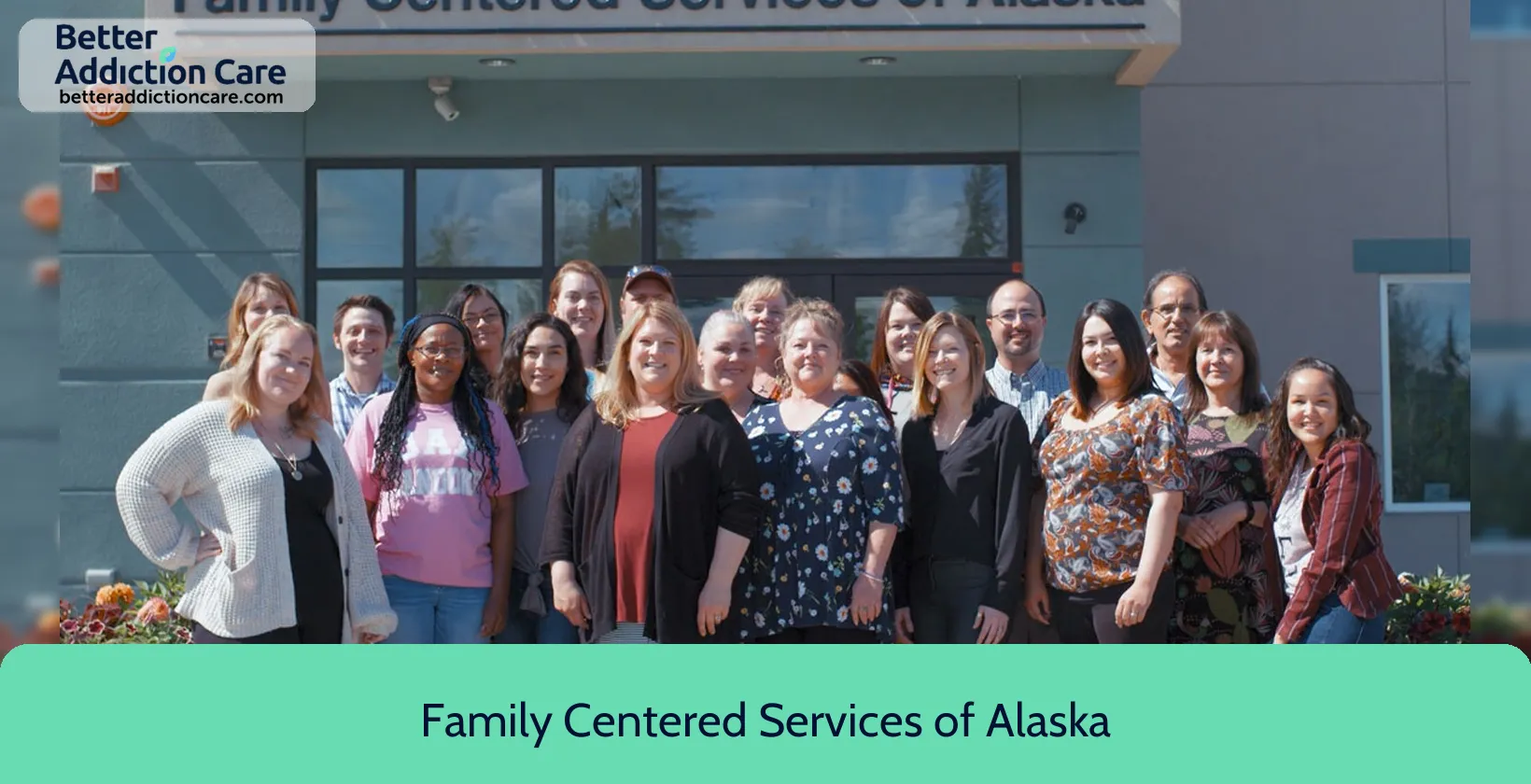
6.82

6.92
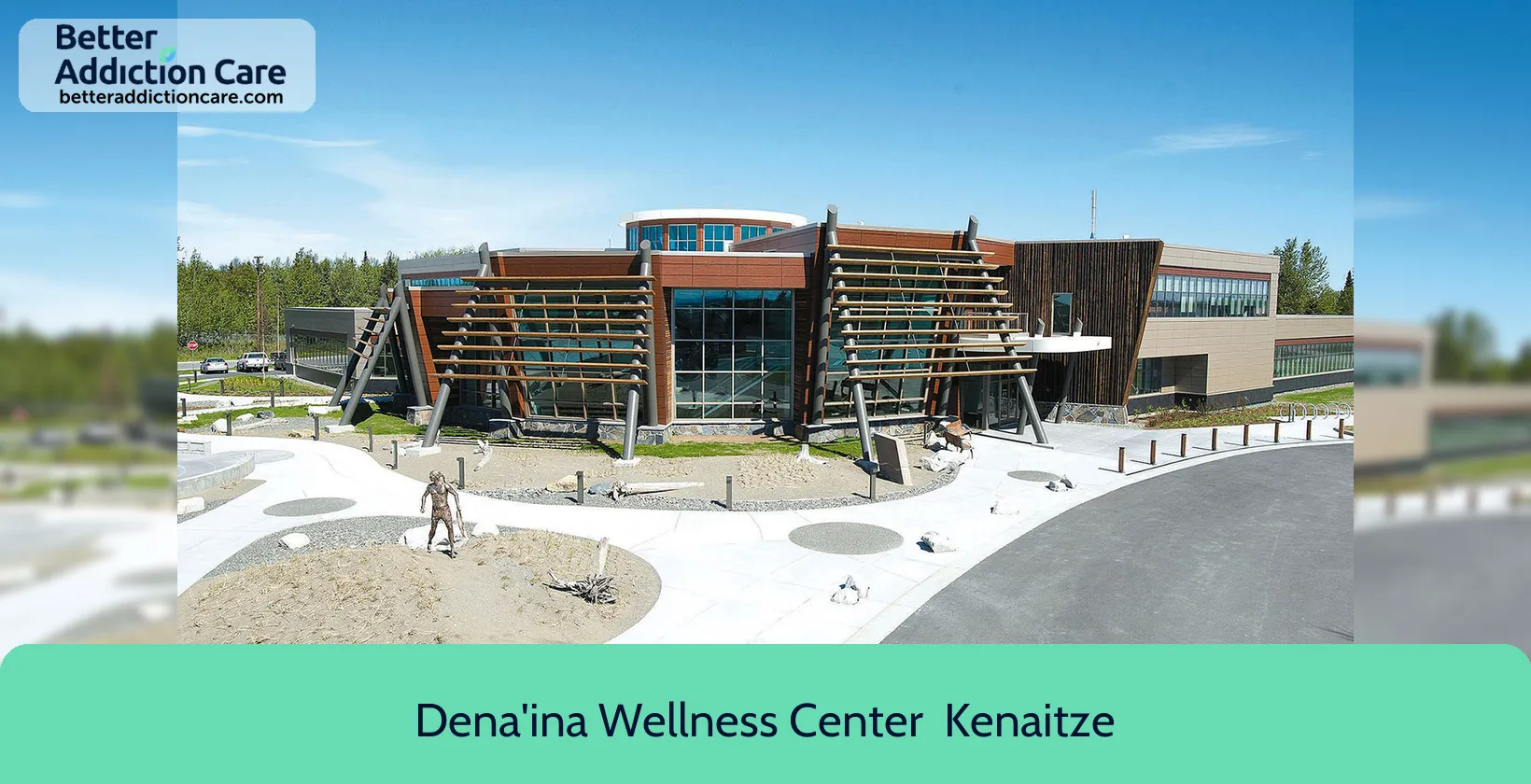
7.27
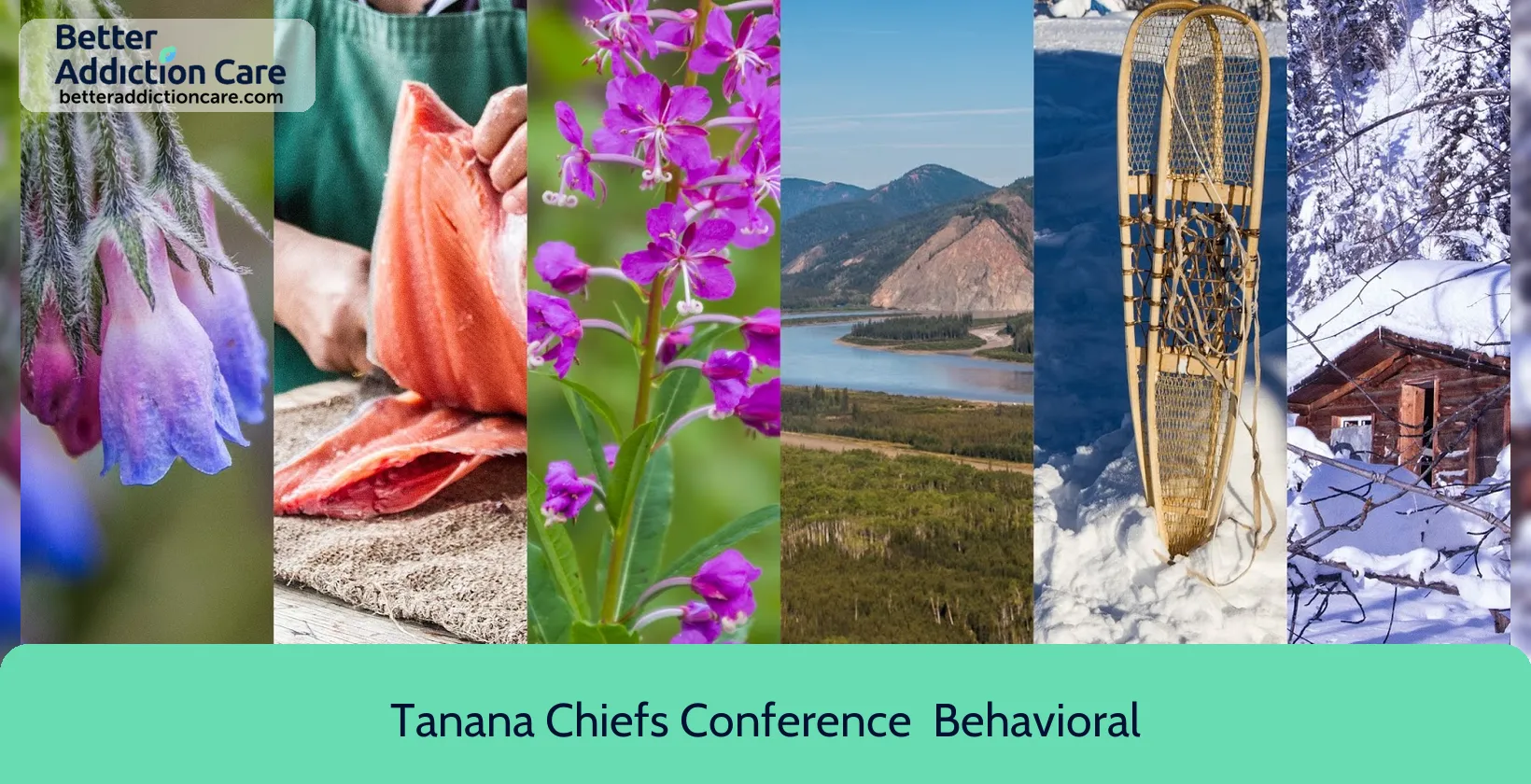
7.37
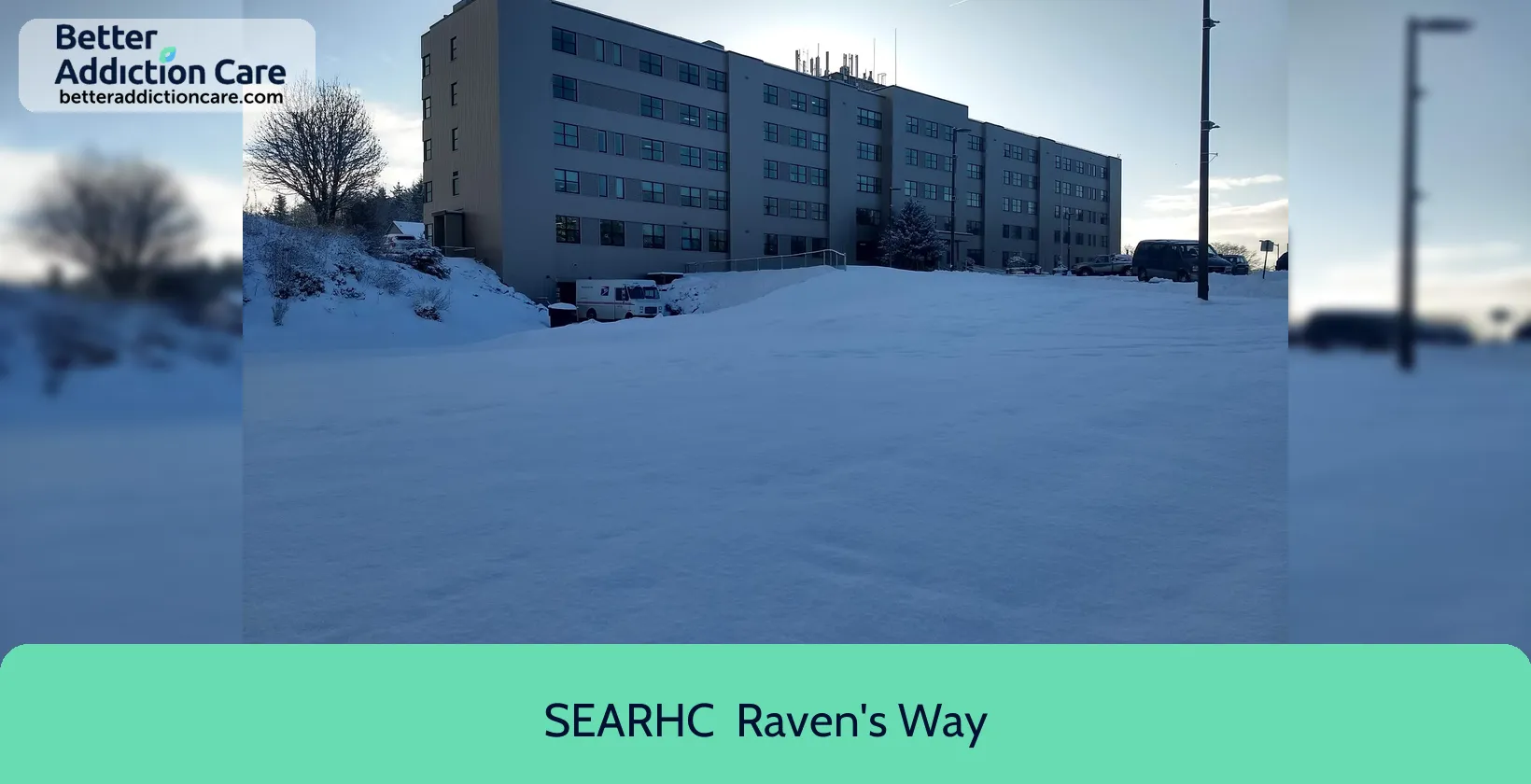
6.78
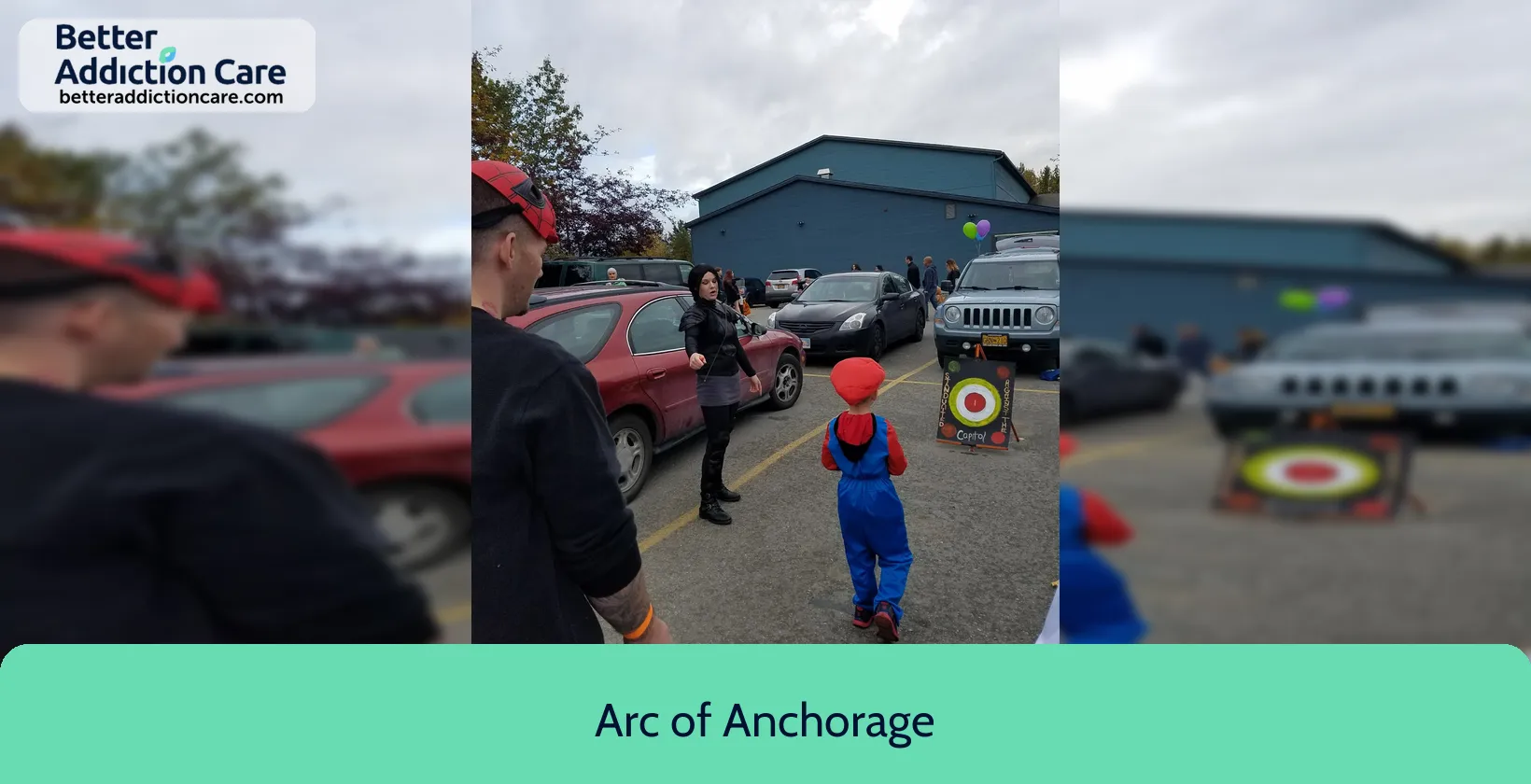
6.62
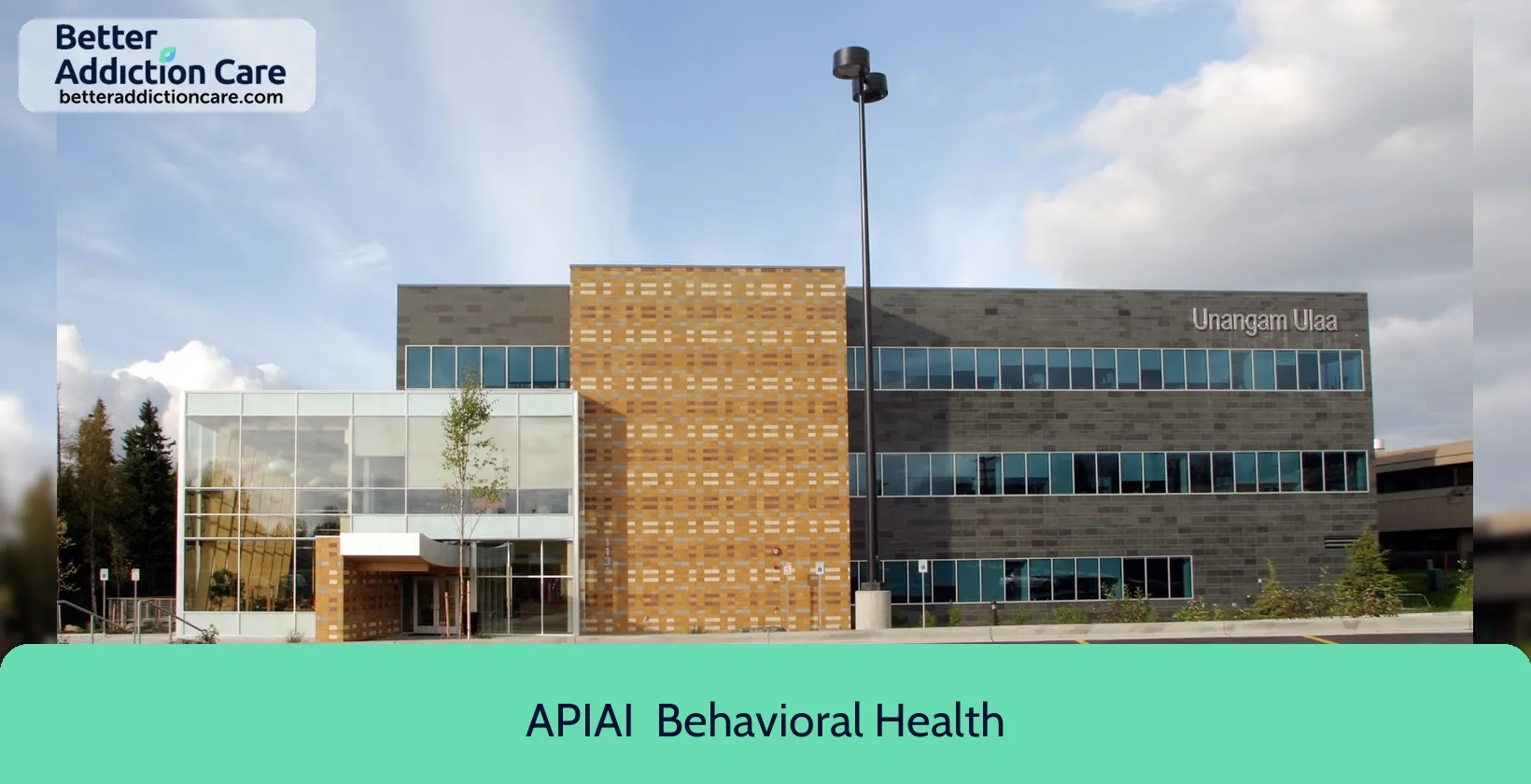
6.77
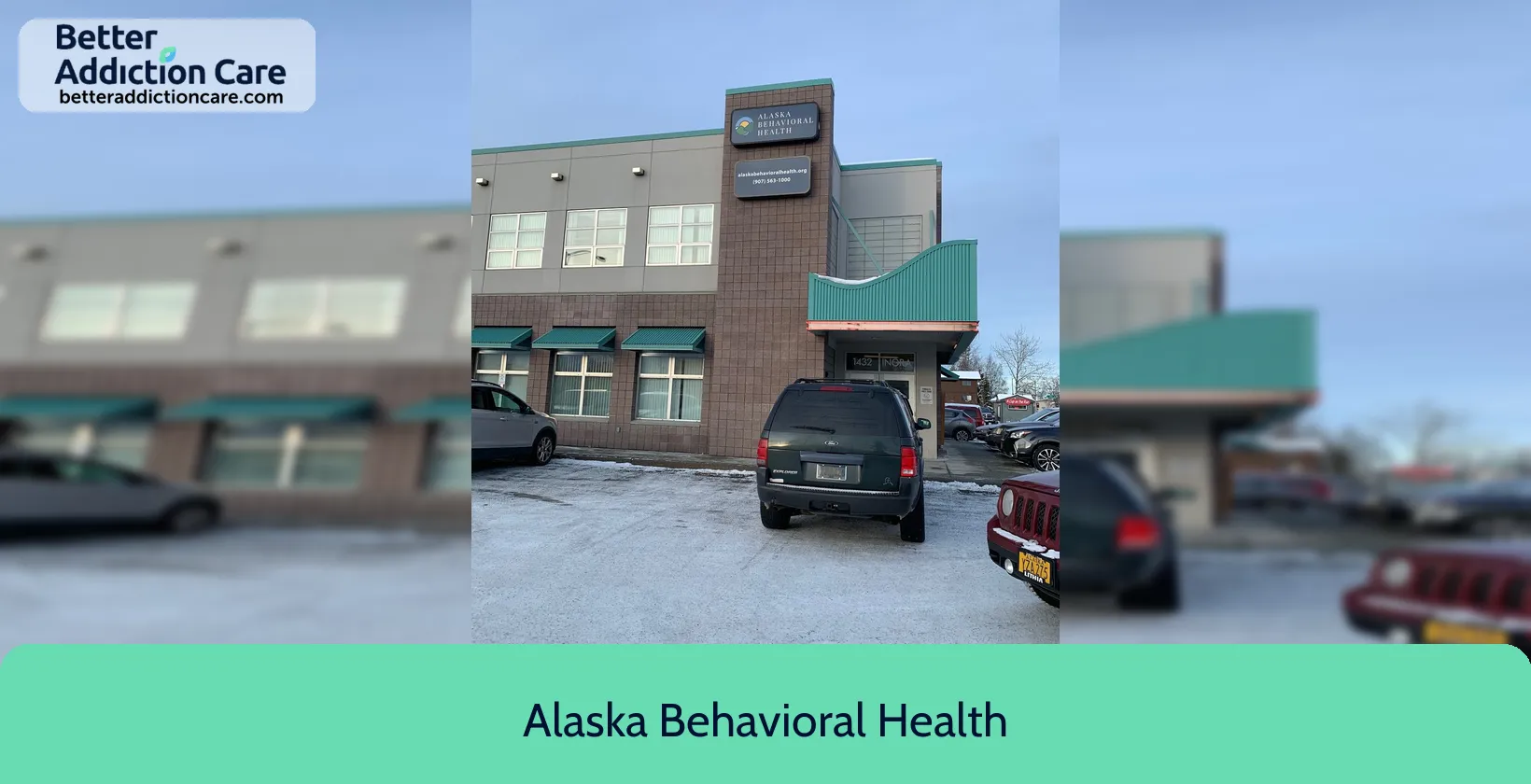
6.68
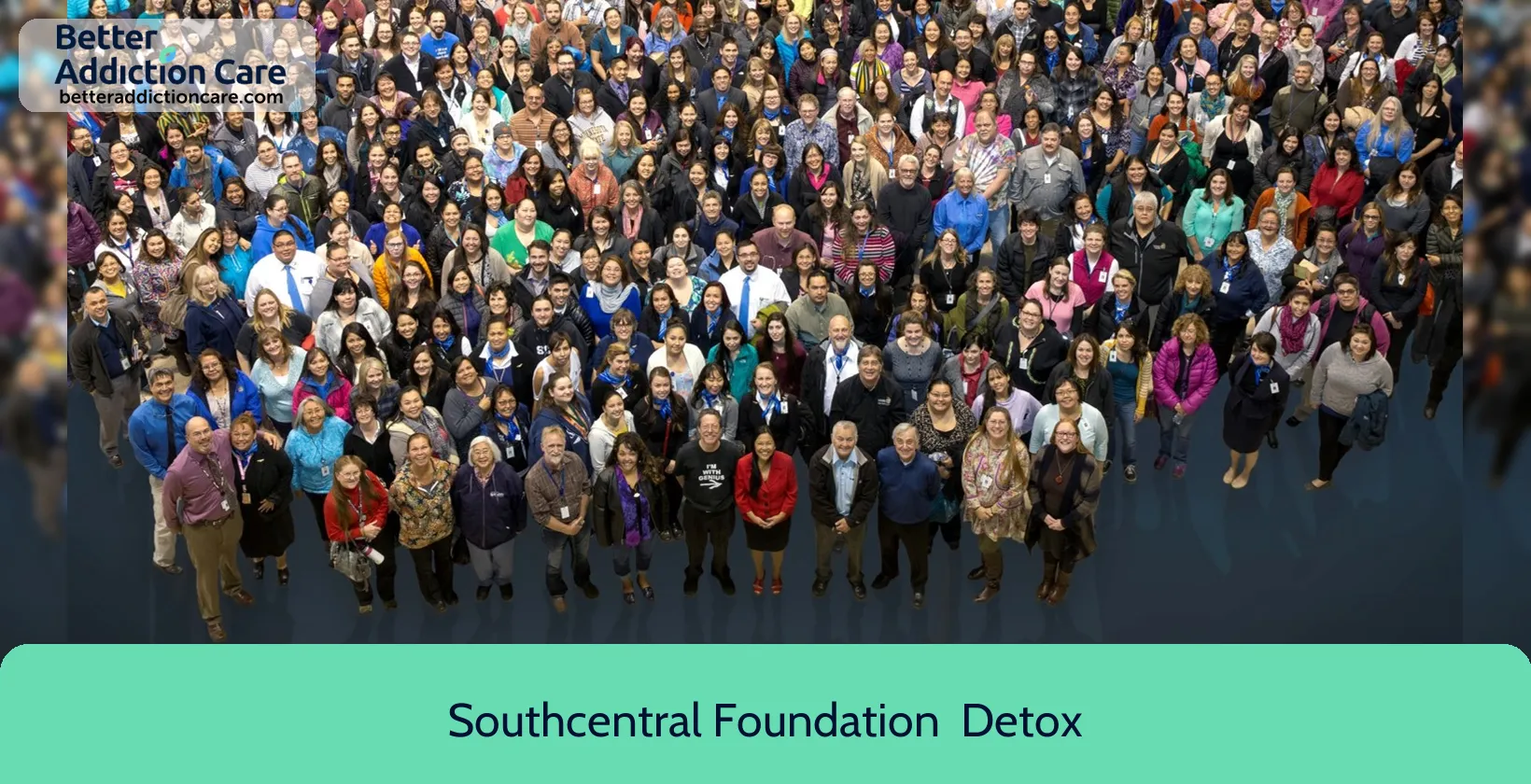
7.27
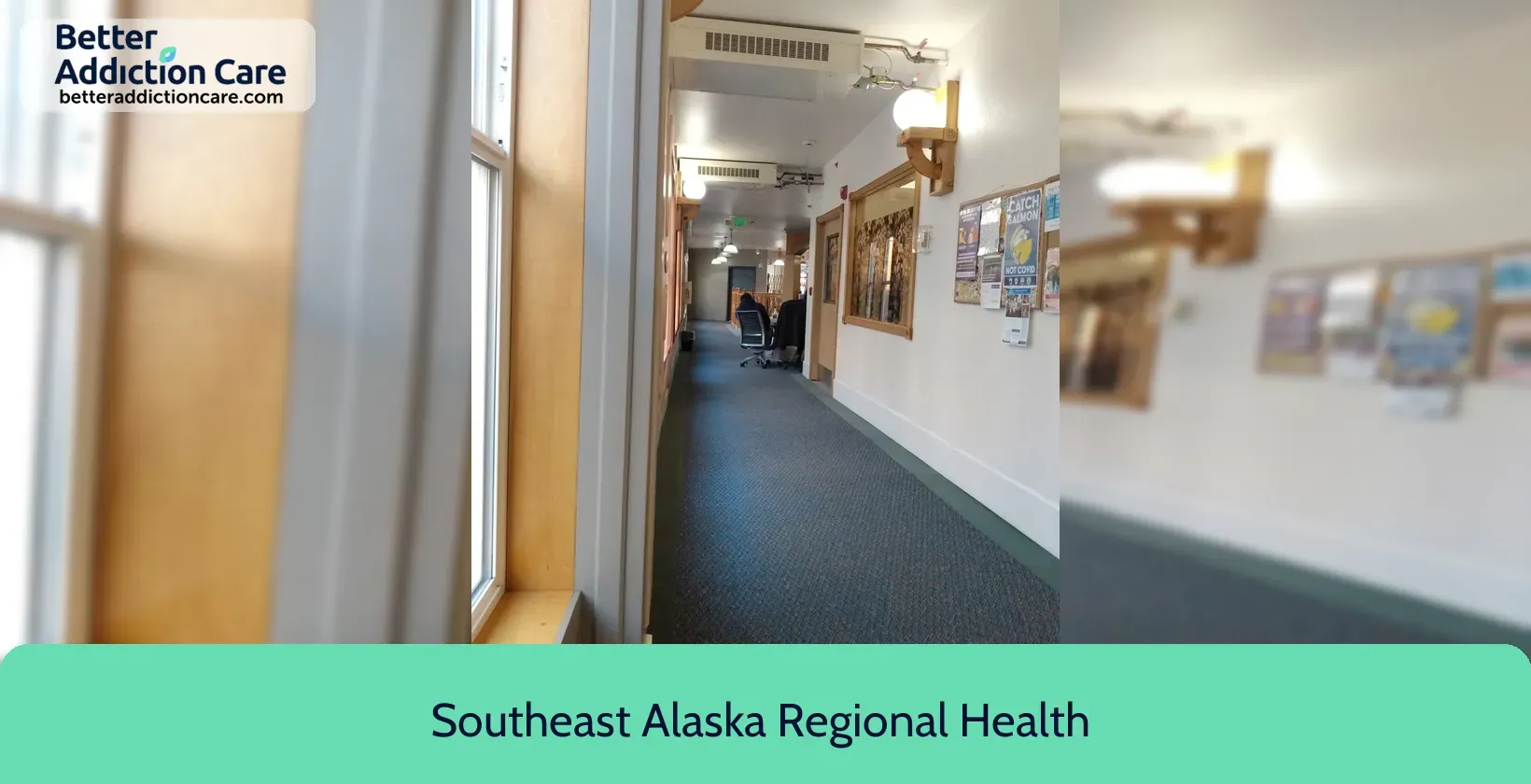
7.25
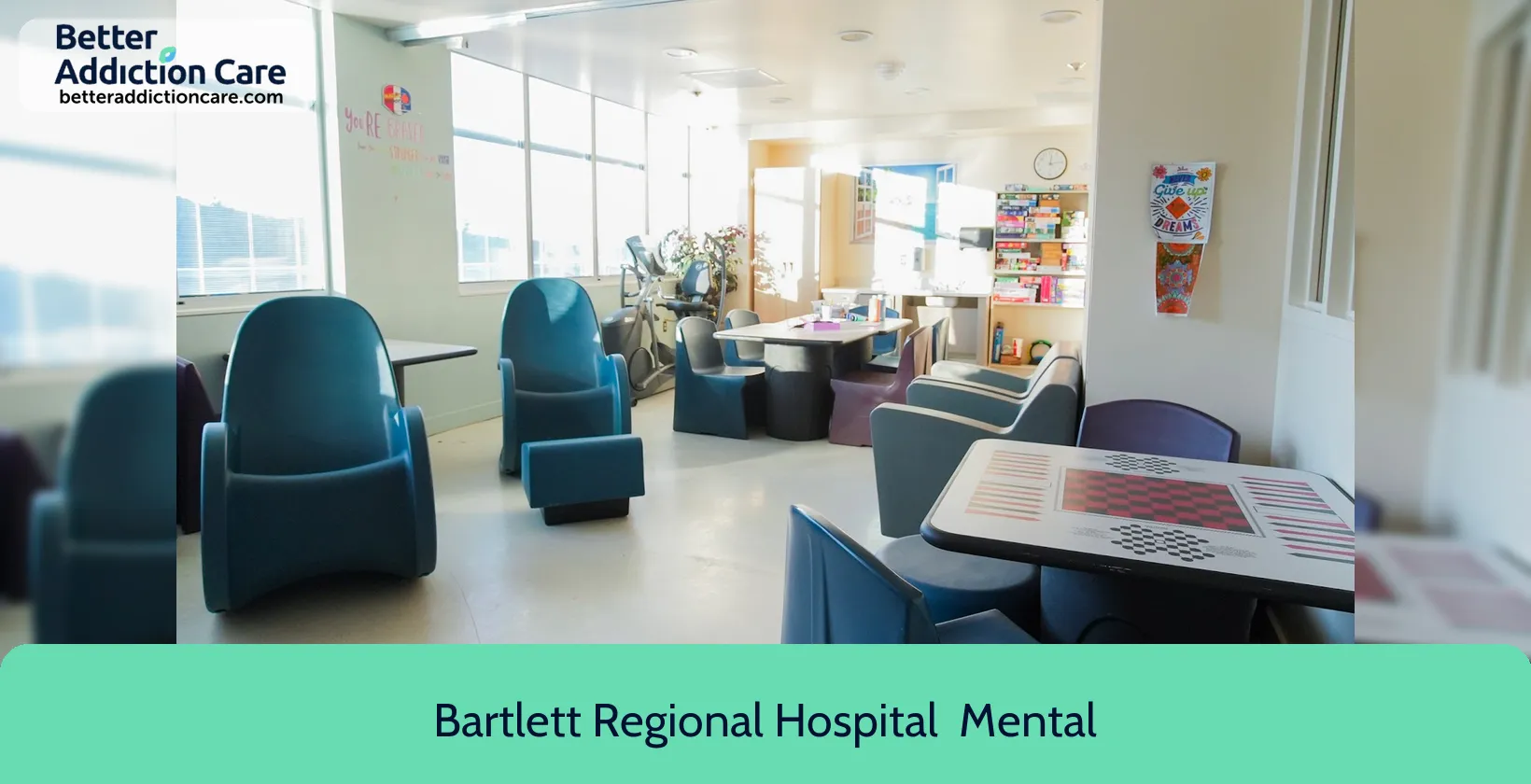
6.74
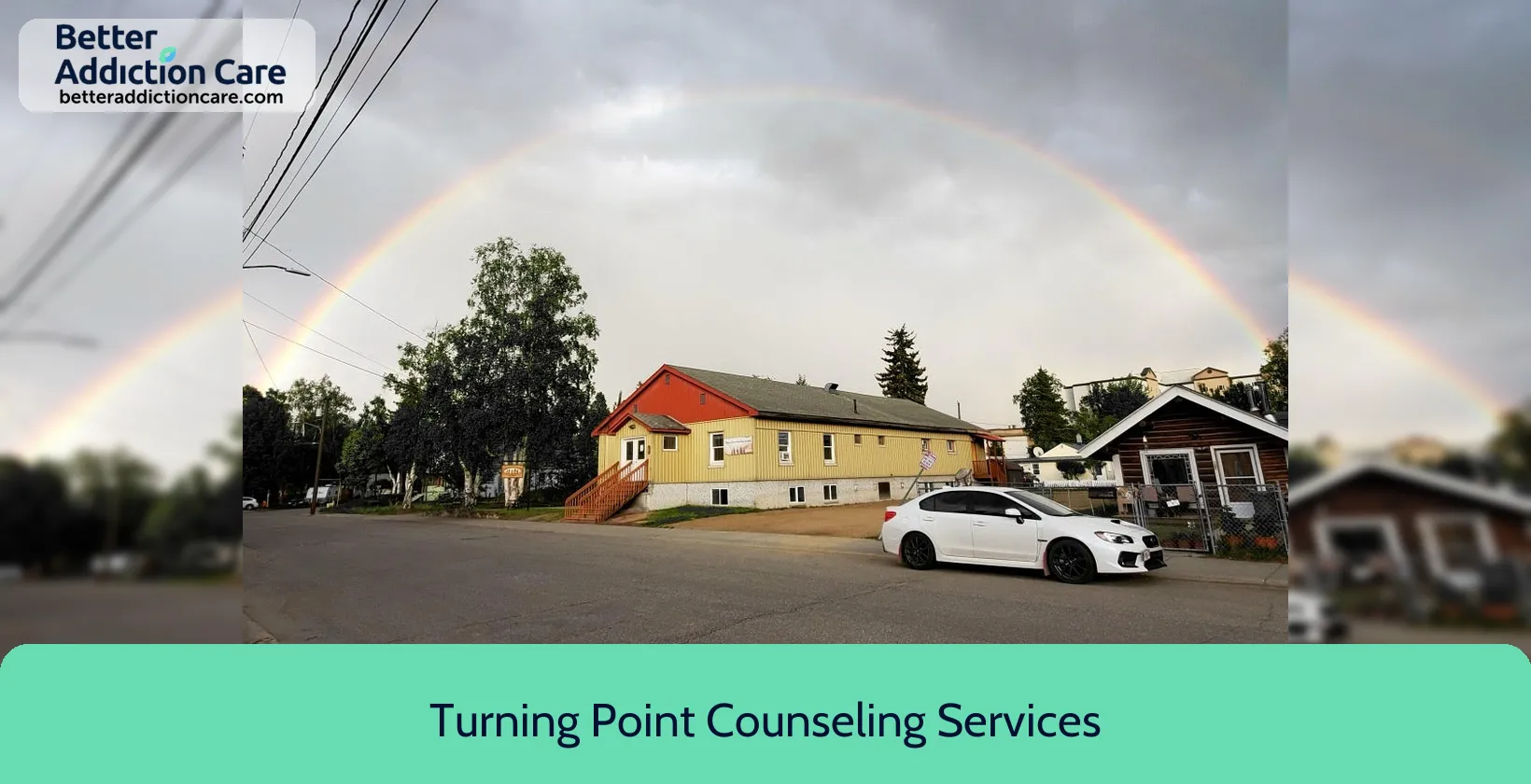
7.02
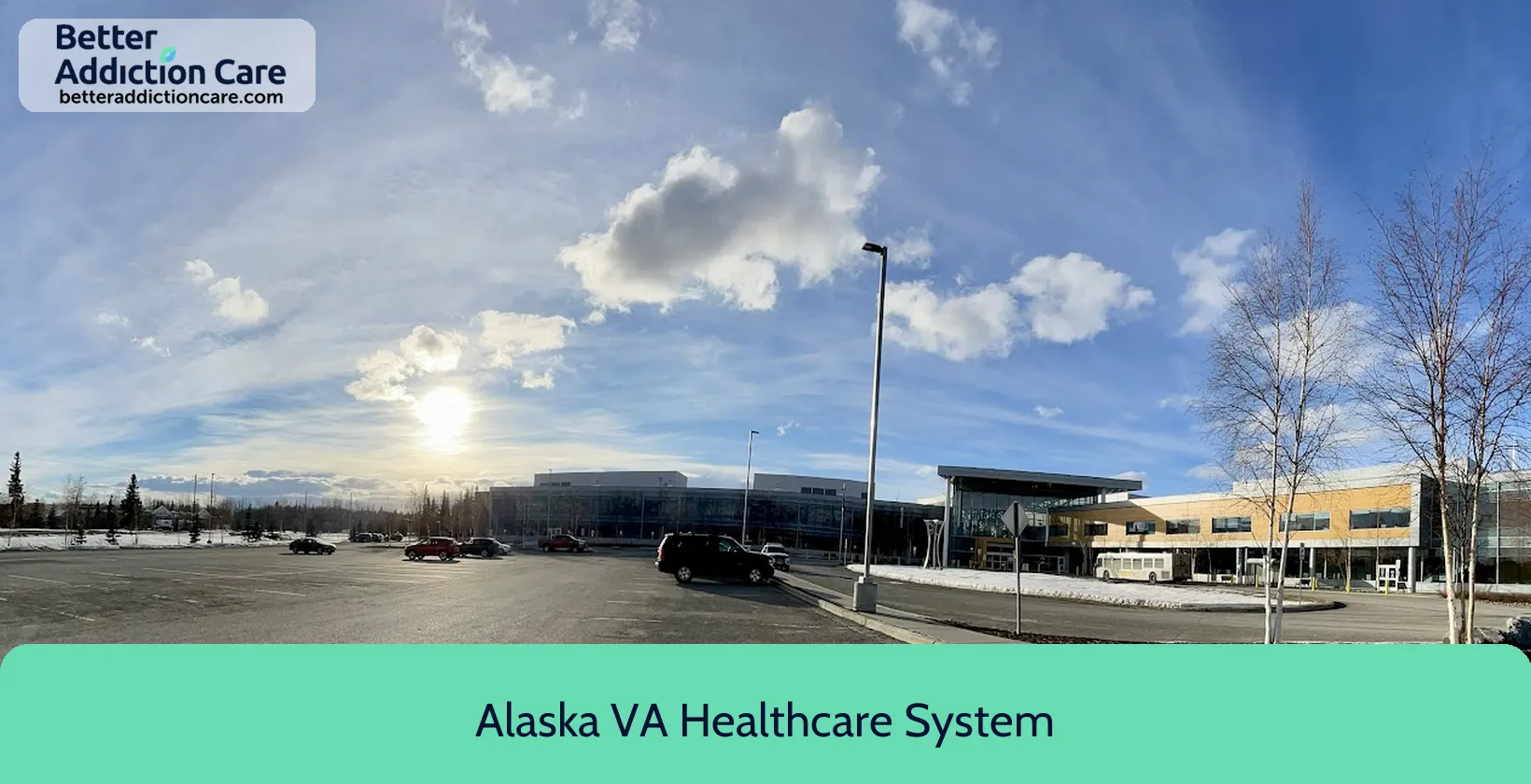
7.52
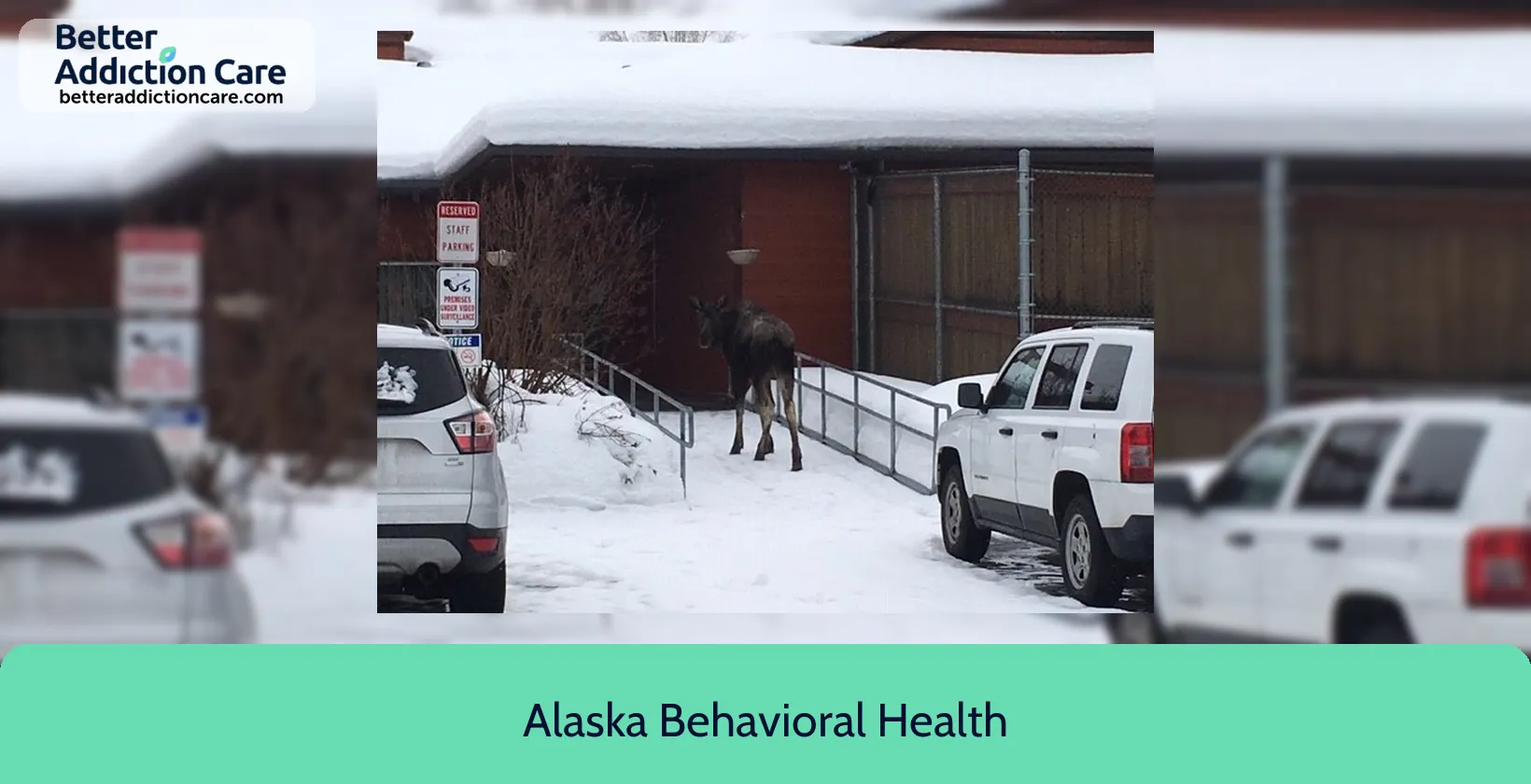
6.68
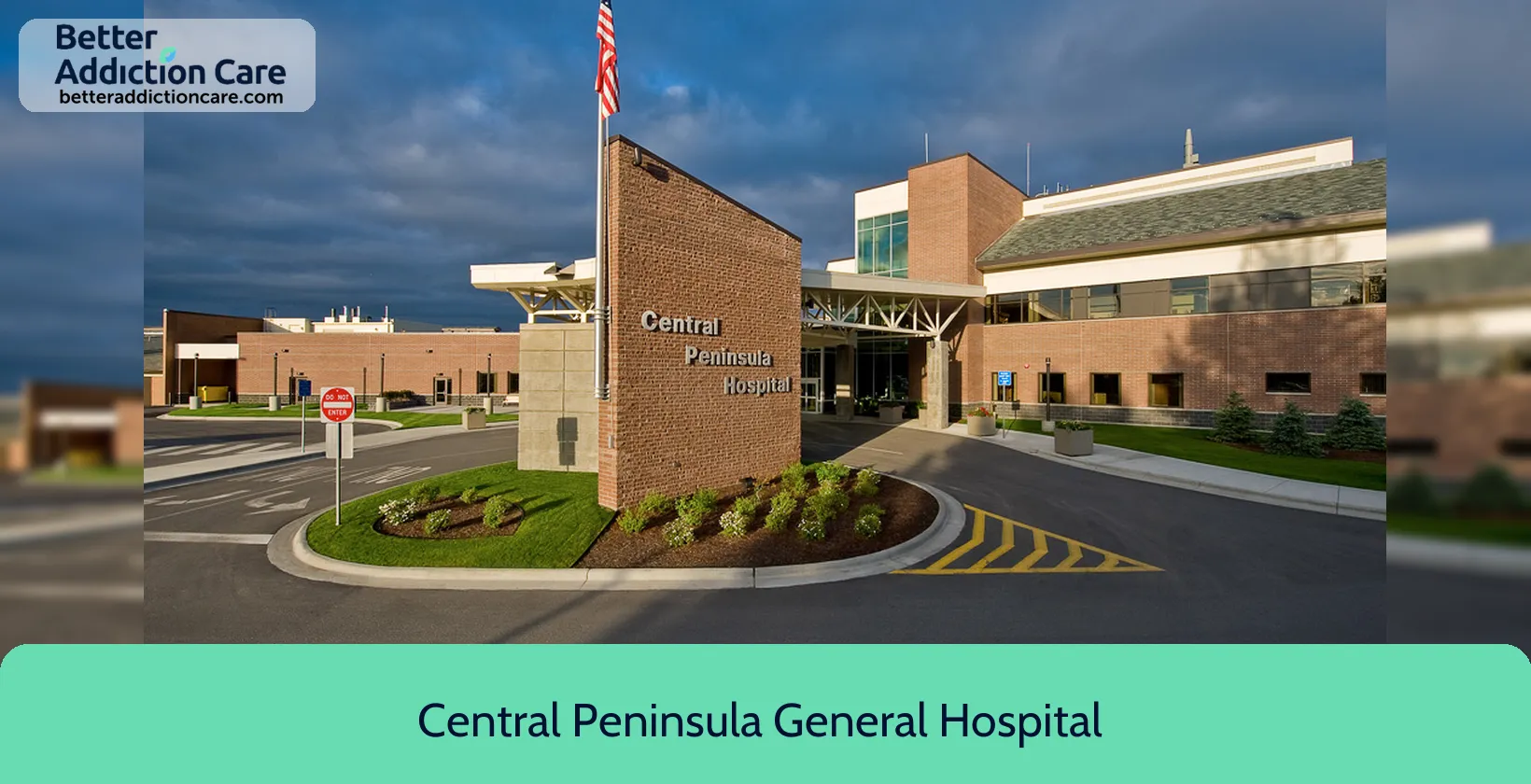
7.68
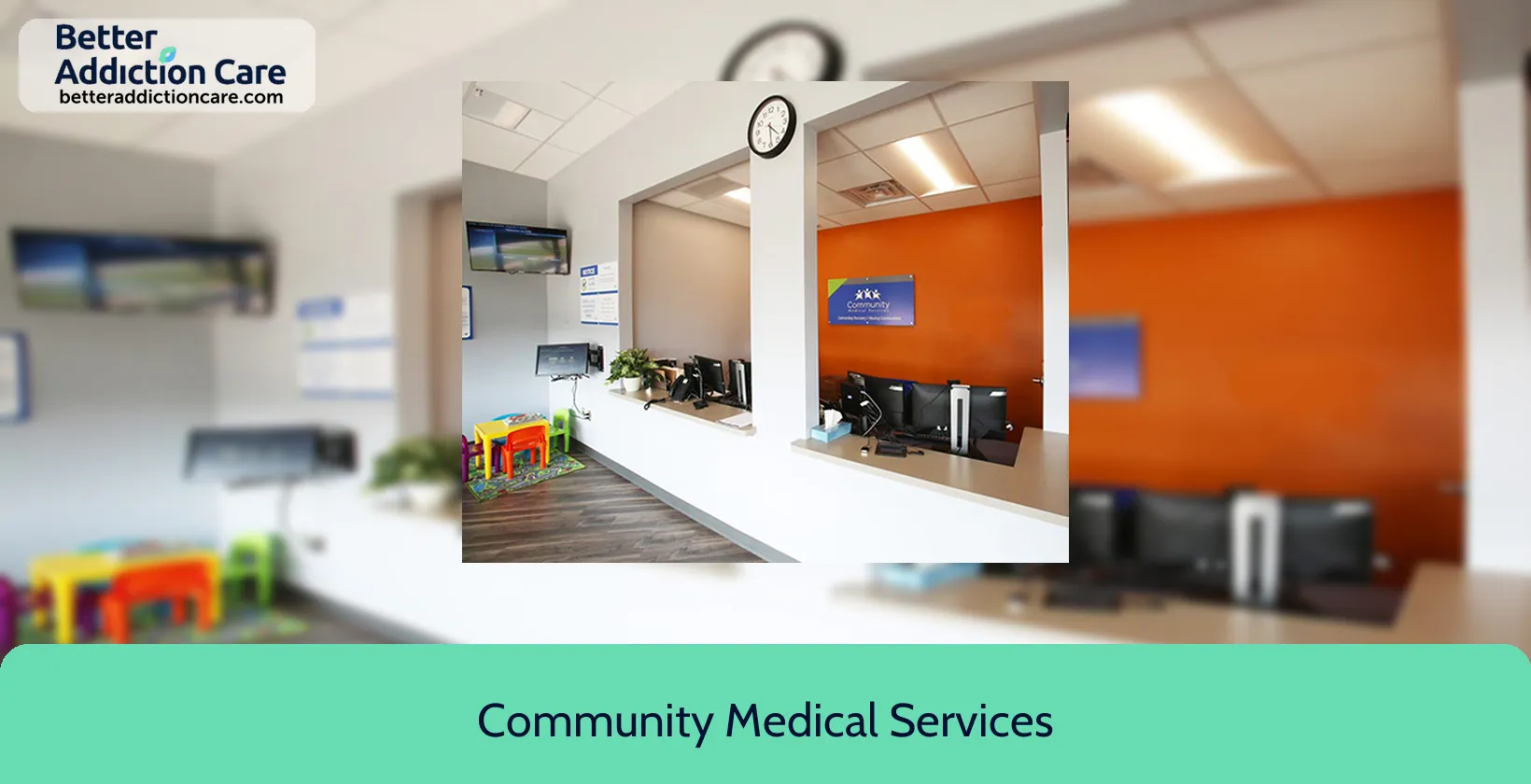
7.22
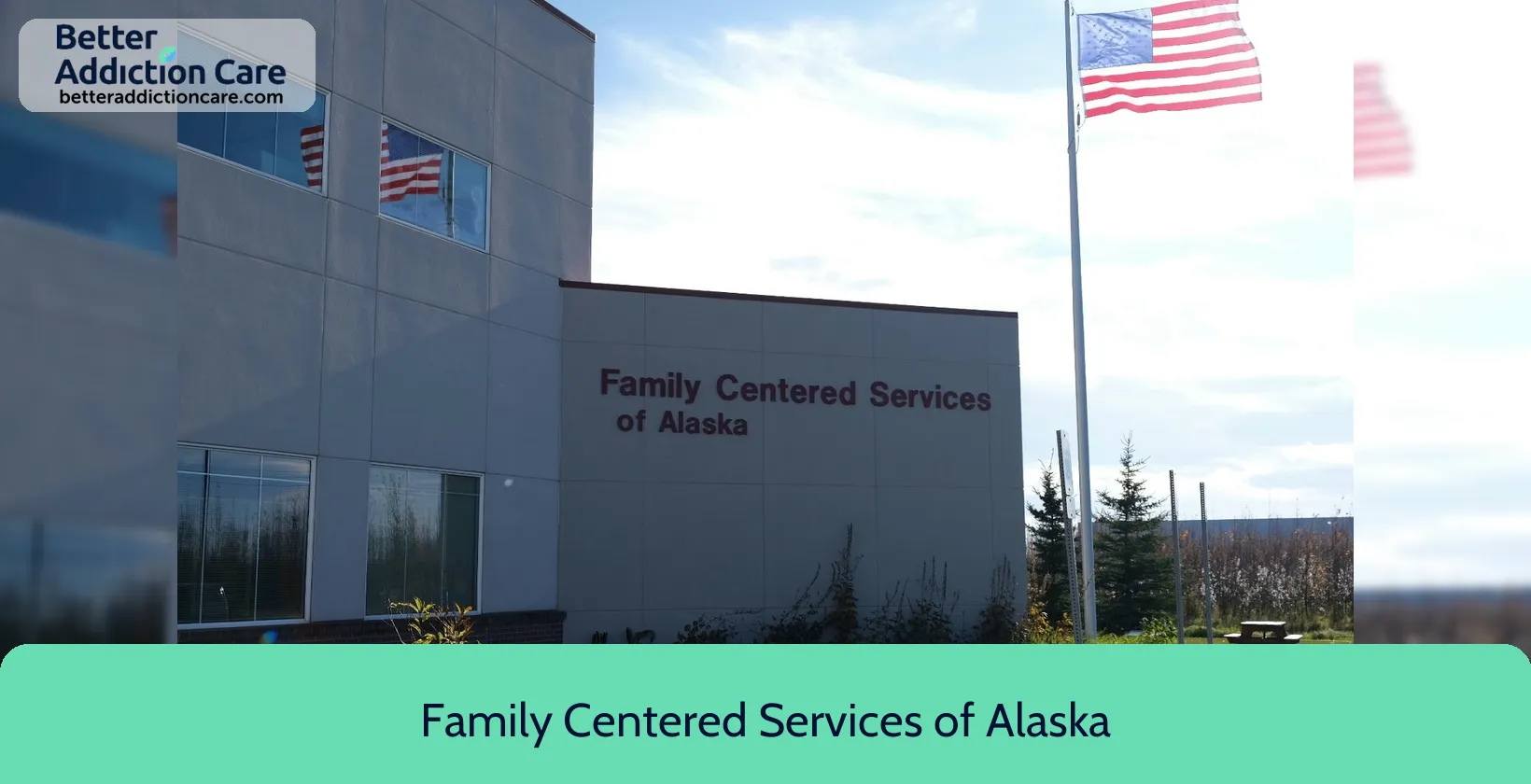
6.68
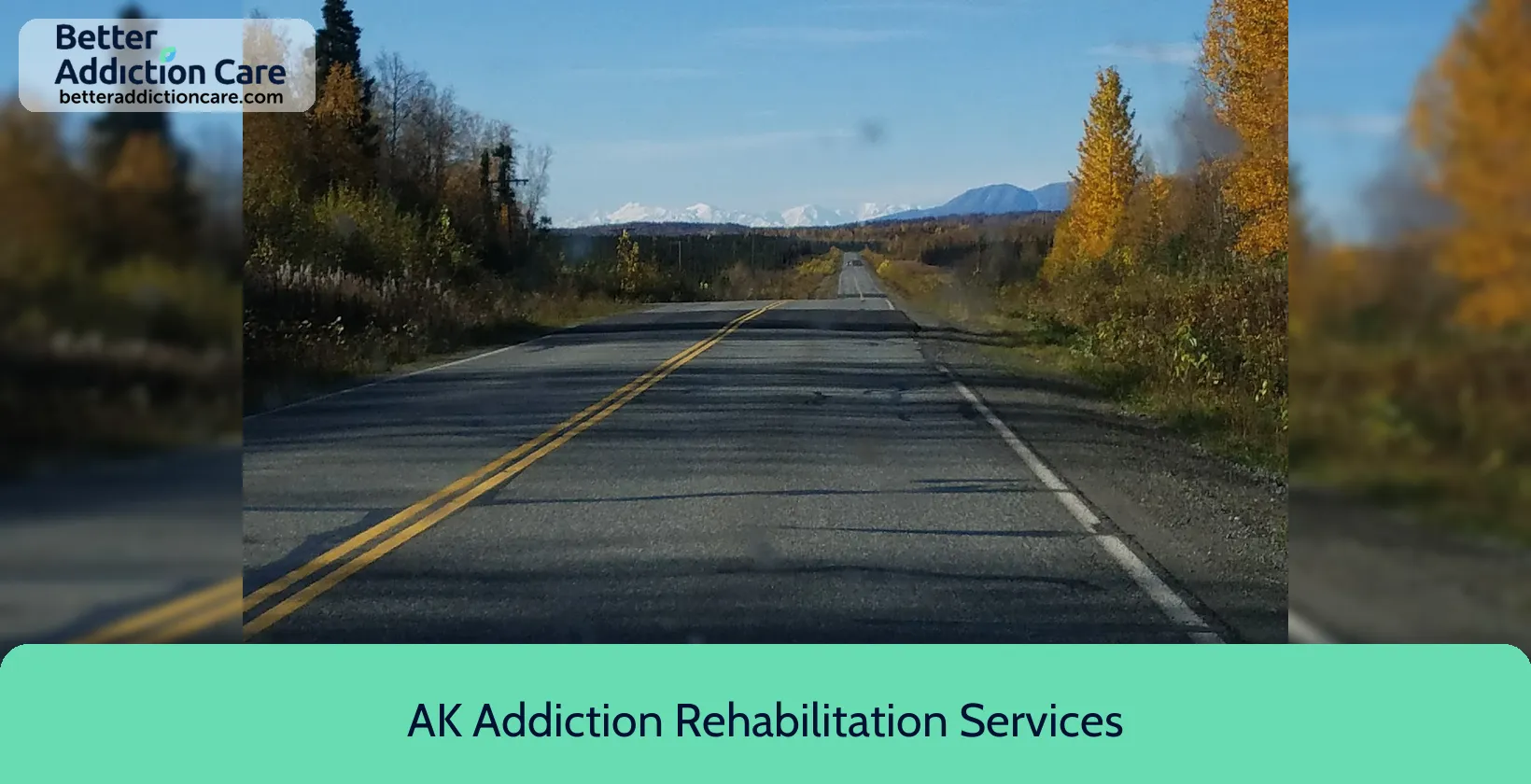
6.96
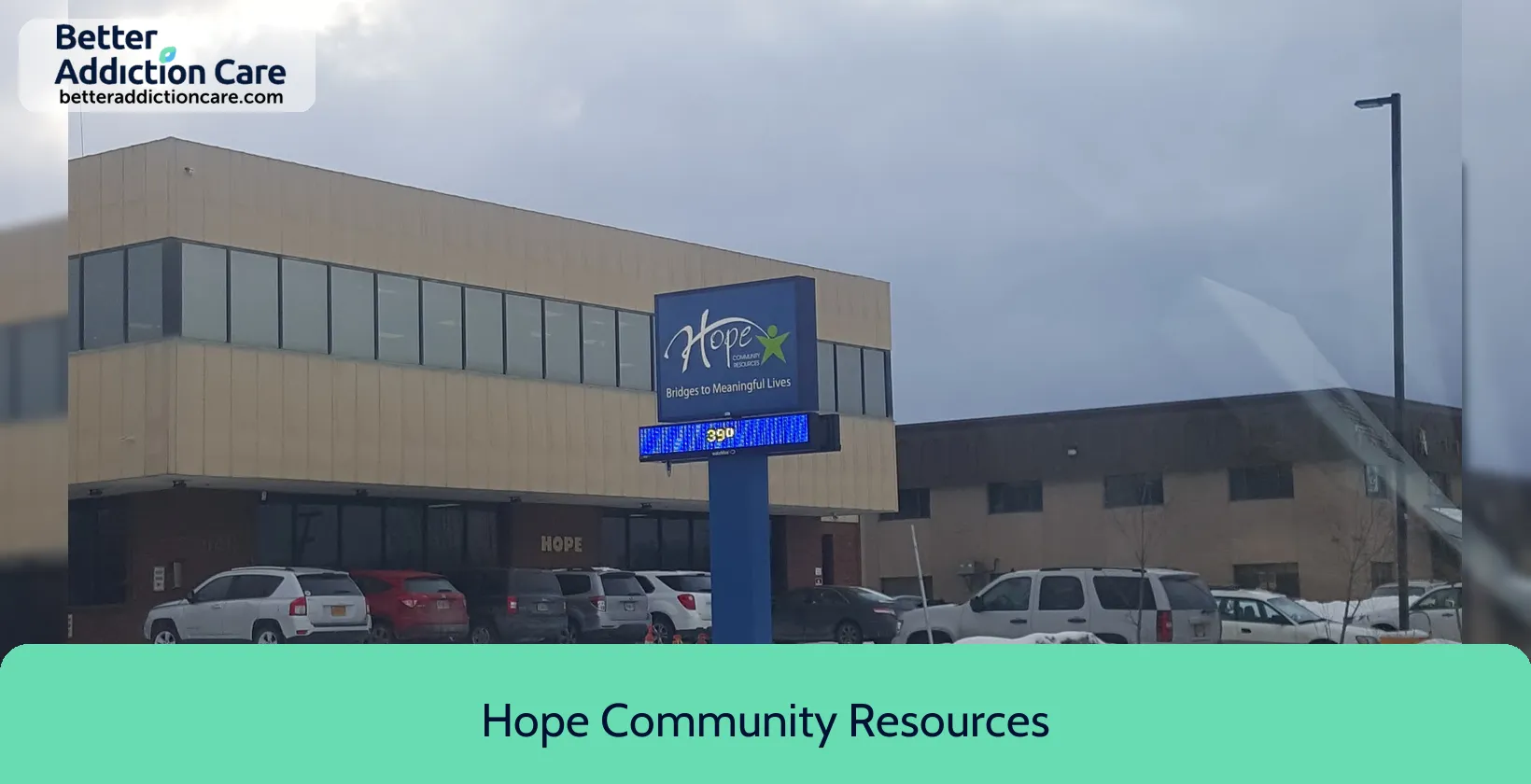
6.65
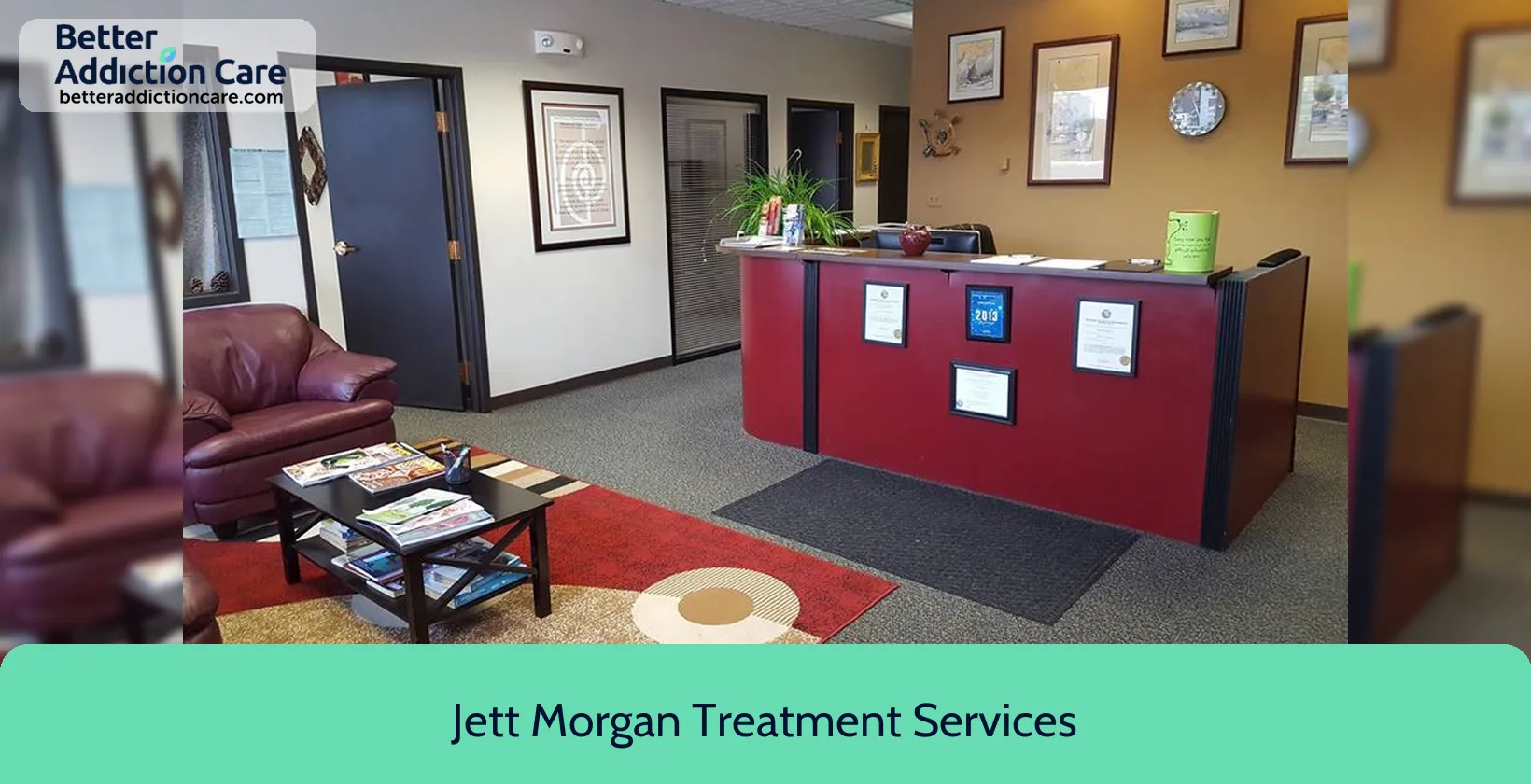
6.77
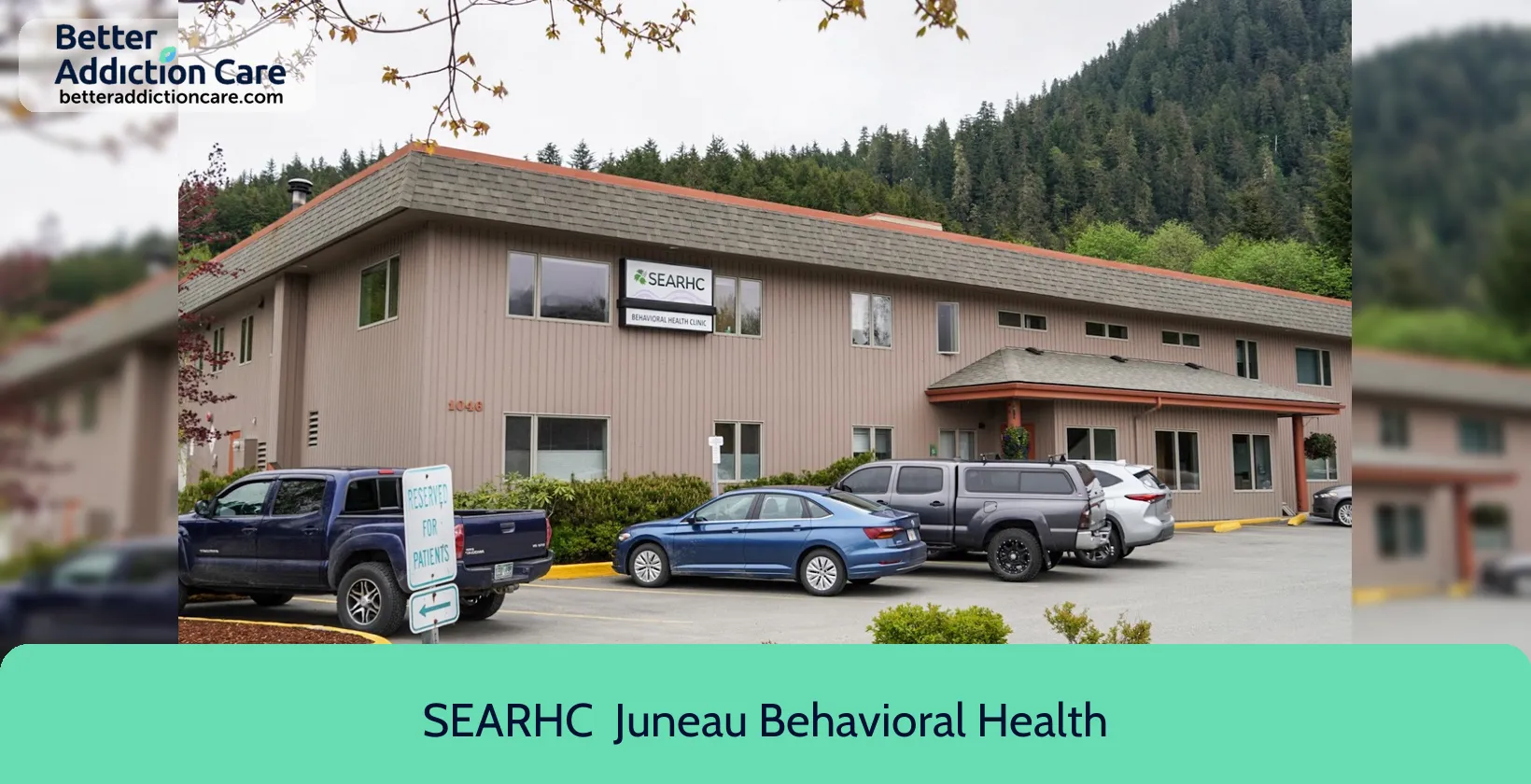
7.38

7.39
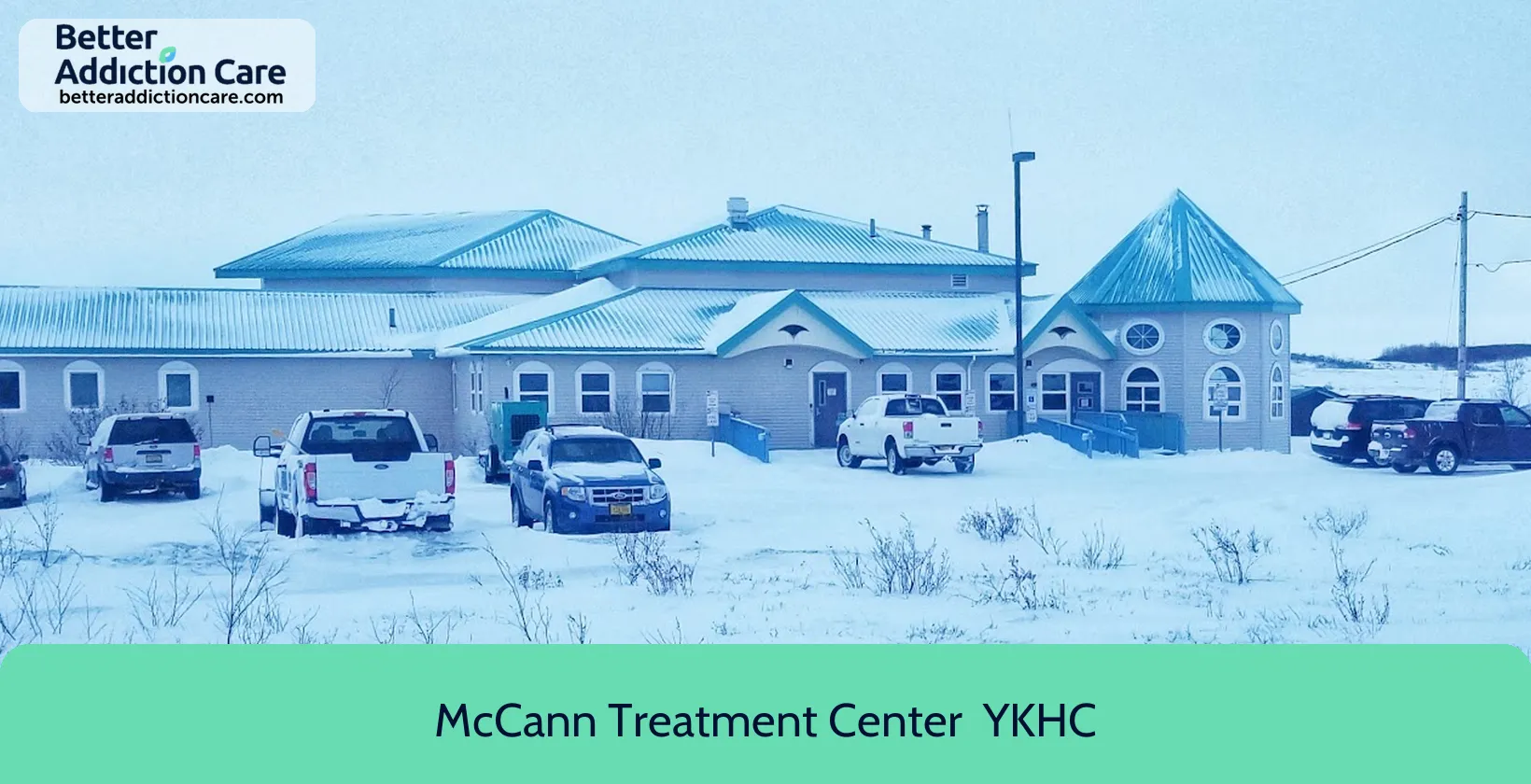
6.89
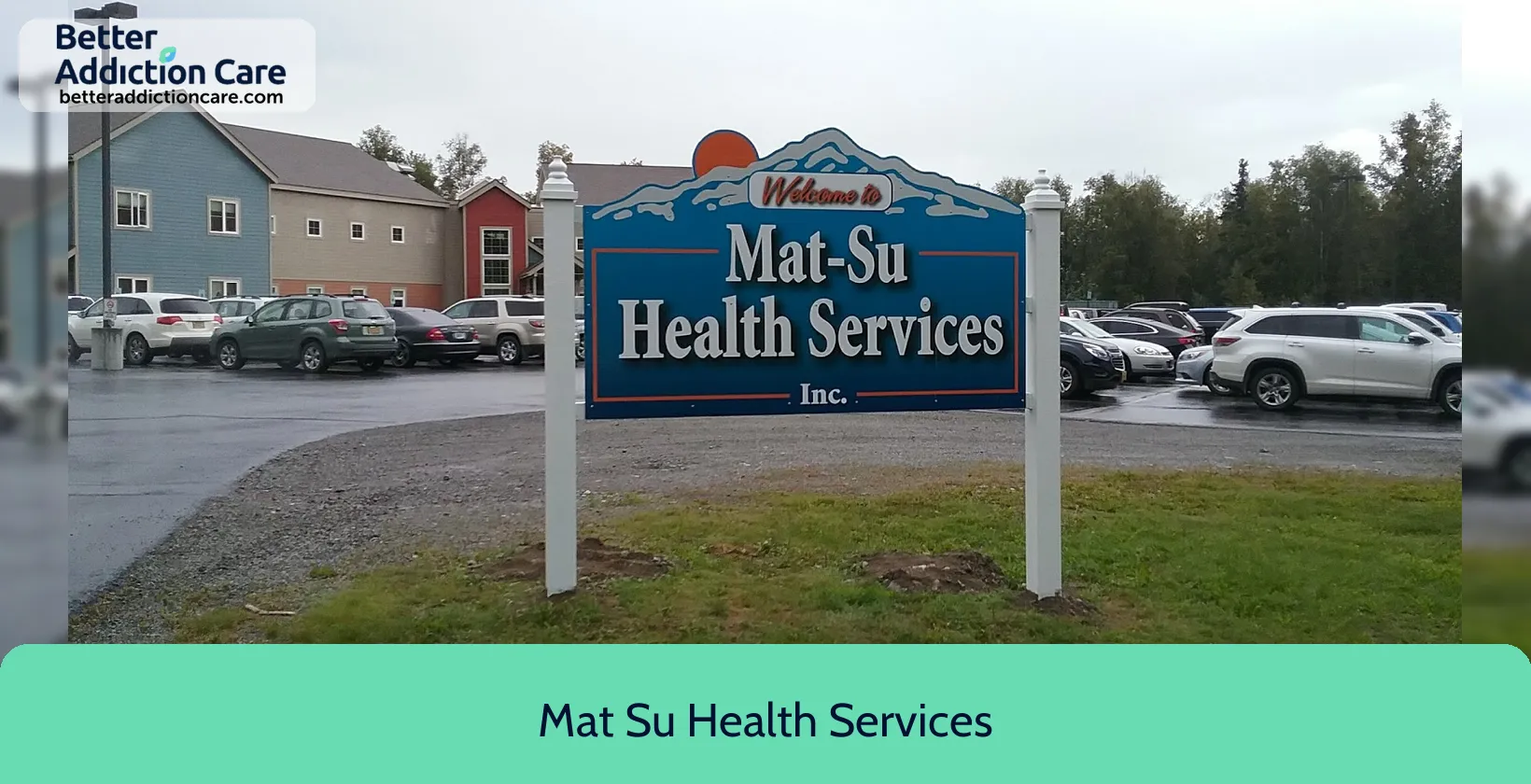
6.77

7.39

7.14

7.14

7.14

6.99

7.12

7.03

6.59

7.42

6.68

7.40

6.91

6.74

6.62

7.45

6.68

6.71

6.83

6.94

6.99

6.62

6.83

6.74

6.80
Substance abuse and Mental Health facilities Report for Alaska
2nd
Cheapest To Most Expensive State Rank
101
Substance Abuse Facilities
9,477
Number of Patients Annually
9,070
Annual Enrollments
$16M
Spent on Outpatient Services (Million)
$1,783.00
Avg Outpatient Rehab Cost
399
Residential Admissions
$20M
Spent on Residential Treatment (Million)
$52,030.00
Residential Rehab Pay (Up To)
8
Total Patients
1
Free Drug Rehab Facilities
Alcoholism, Drug Abuse, Mental Health, and Treatment in Alaska
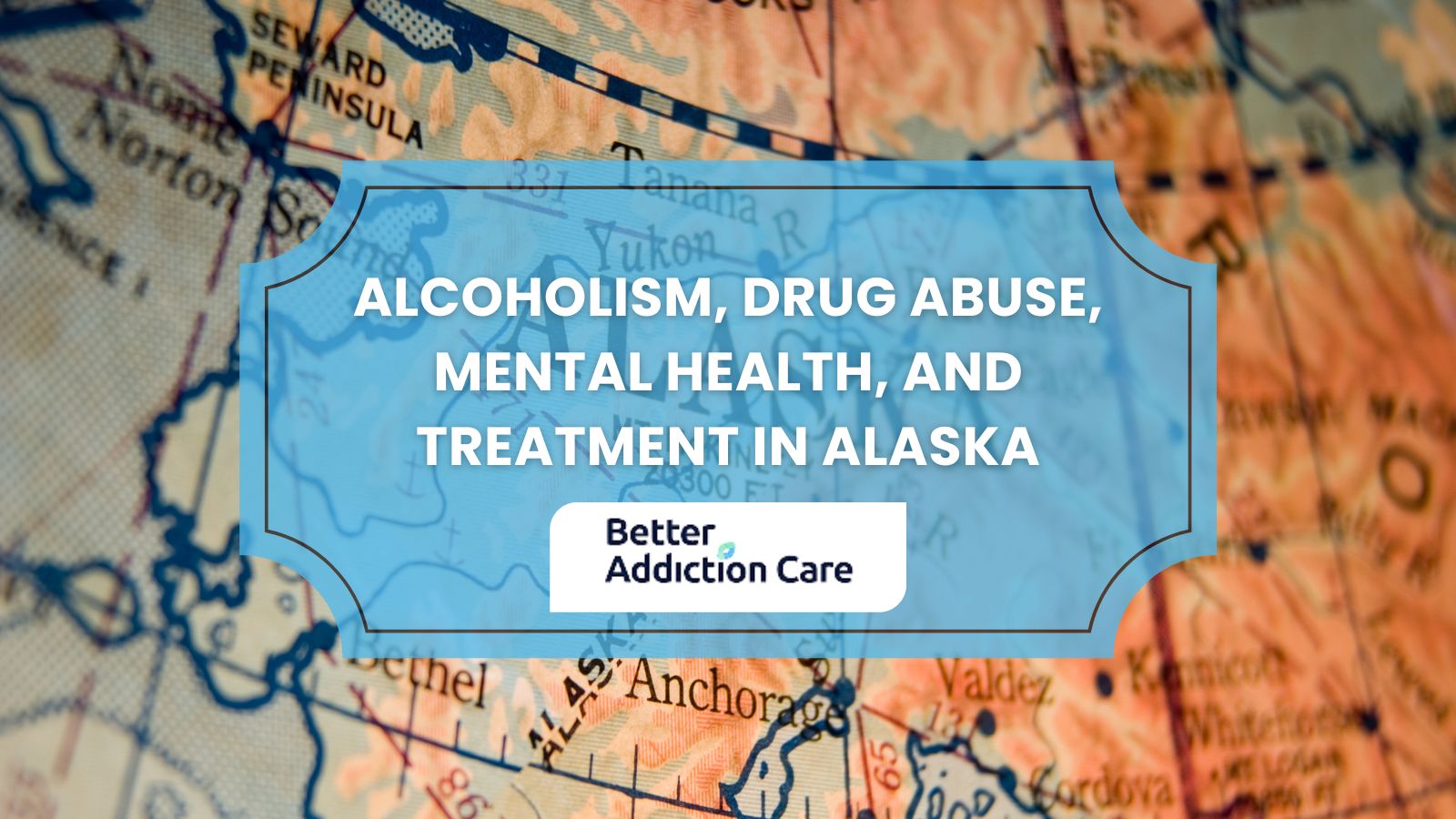
What are the main addictions people in Alaska suffer from?
The main addictions people in Alaska suffer from include:
- Alcohol Addiction: 69,561 Alaskans aged 18 and older had Alcohol Addiction, representing 12.6% of this age group. 16.8 million males aged 12 and older (12.1% in this age group) had AUD in the past year. 12.0 million females aged 12 and older (8.3% in this age group) had AUD in the past year.
- Opioid Addiction: In 2024, there were 94,000 opioid addicts in Alaska, a rate of 12.5 deaths per 100,000 persons. 14,100 males (15%) had Opioid Addiction in the past year. 8,460 females (9.2%) had OUD in the past year.
- Methamphetamine Addiction: Methamphetamine Addiction is a significant concern affecting 134,000 individuals aged 12 or older in Alaska. 14,740 male that is 11% and 9,916 females (7.4%) suffered from Methamphetamine disorder.
- Marijuana Addiction: Marijuana use is prevalent in Alaska, with 129,000 residents translating to 21.93% of individuals aged 12 and older reporting past-month usage. National trends indicate that men generally have higher rates of marijuana use with 20,511 male (15.95%) and are more likely to develop marijuana addiction compared to women that are 10,191 (7.9%)
- Cocaine Addiction: Cocaine use in Alaska is a significant concern affecting 19,000 residents. 29% of individuals aged 12 and older reported past-year usage. 1,558 male that translate to 8.2% and 2,090 females that is 11% suffered from this.
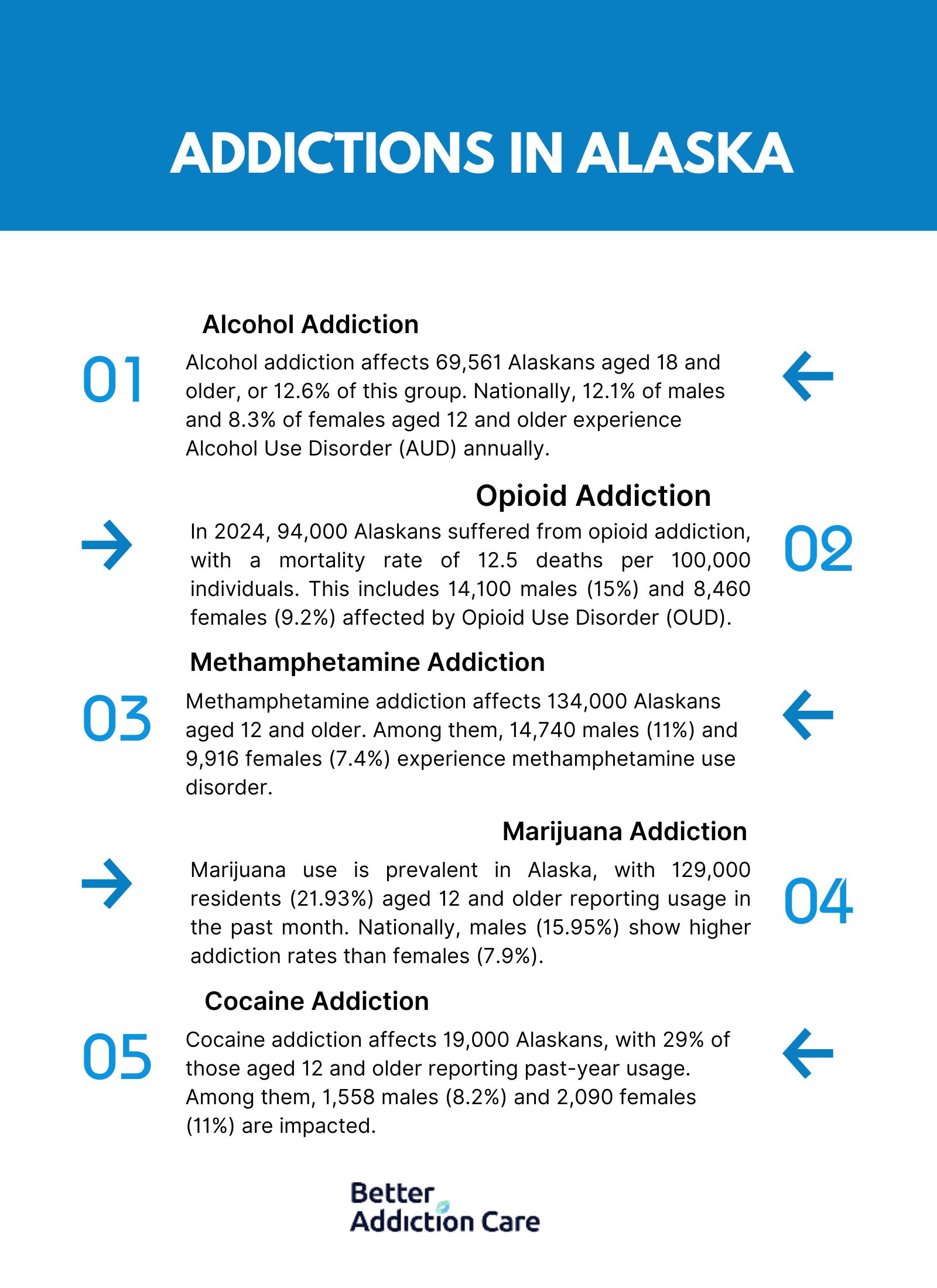
What is the cost of rehab centers in Alaska?
The cost of rehab centers in Alaska is $26,771. Inpatient rehab averages $45,913, while outpatient programs are more affordable, costing $7,629. Medical detox is the most expensive option, averaging $128,273. Rehab centers costs in Alaska vary widely depending on the treatment type.
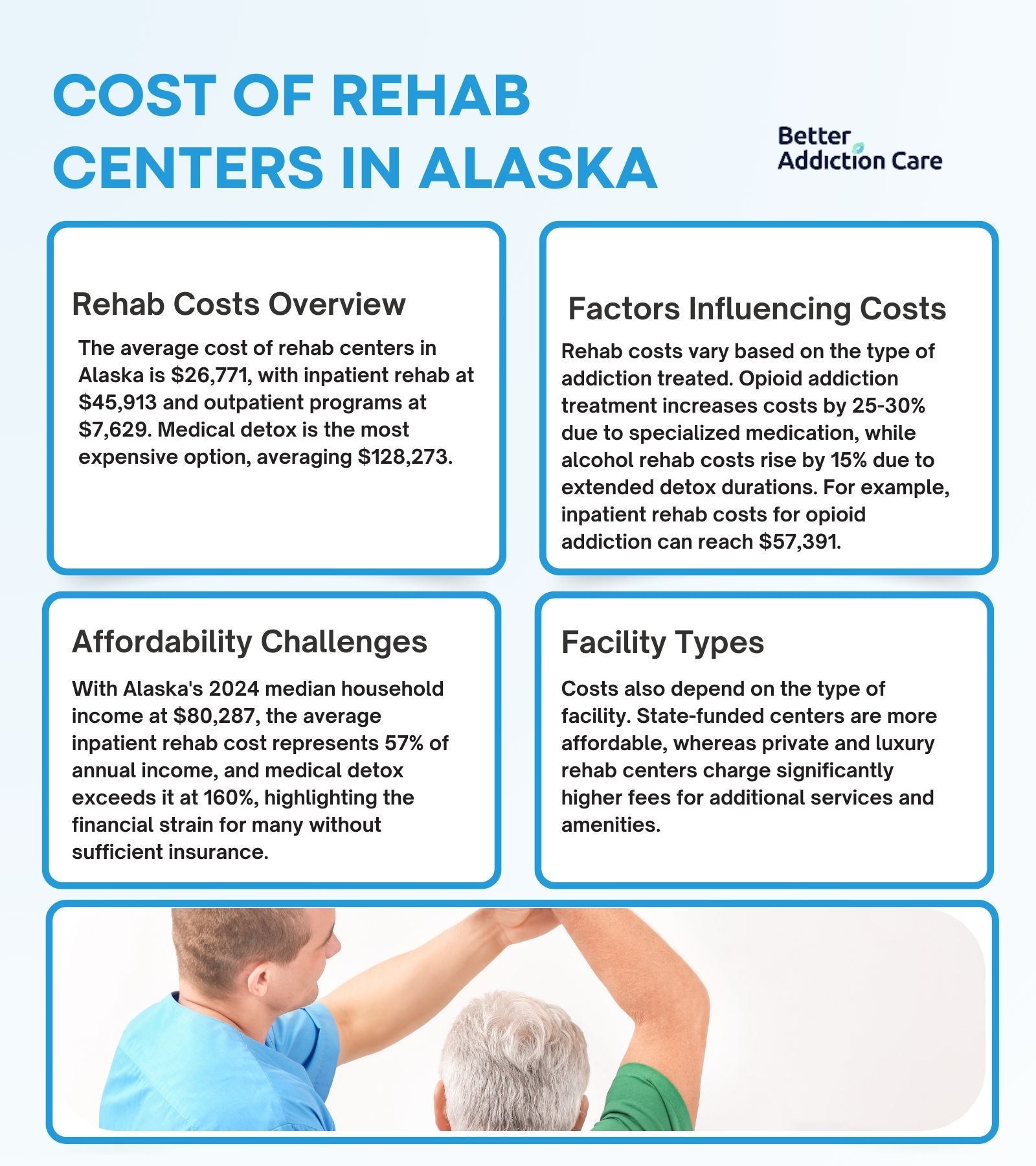
Several factors influence these costs of rehab centers in Alaska, with the addiction being treated playing a significant role. Treatments for opioid addiction often cost 25-30% more due to the need for specialized medication, while alcohol rehab increases the expense by 15% due to longer detox durations. For example, if the base cost of inpatient rehab is $45,913, treating opioid addiction raises it to $57,391, reflecting a 25% increase.
Alaska's median household income is $80,287 in 2024, the average cost of inpatient rehab equates to 57% of a household’s annual income. In contrast, medical detox at $128,273 exceeds the median income, representing 160%, making it challenging for many without adequate insurance coverage.
The cost varies depending on the type of rehab facility. State-funded centers are more affordable, while private and luxury facilities are significantly more expensive.
What is the cost of LGBTQ+ rehab centers in Alaska?
The cost of LGBTQ+ rehab centers in Alaska is $25,792. LGBTQ+ rehab costs in Alaska differ depending on the type of treatment. On average, inpatient rehab costs $45,913, while outpatient programs cost $7,629. LGBTQ+ rehab costs in Alaska differ depending on the type of treatment.
The cost of LGBTQ+ rehab centers increases based on the addiction. Opioid addiction treatments raise costs by 25-30% due to specialized medication requirements. For example, an inpatient program costing $45,913 increased to $57,391, reflecting a 25% rise. Alcohol rehab increases costs by 15%, making the same program $52,800.
Alaska's median household income is $80,287. The cost of LGBTQ+ rehab centers in Alaska is $25,792 constitute 57% of this income, while medical detox ($128,273) exceeds the median income by 160%, making it less affordable without adequate insurance. Costs of LGBTQ+ rehab centers in Alaska vary depending on whether the LGBTQ+ rehab center is state-funded, private, or luxury, with private and luxury centers being more expensive.
What is the cost of Faith-Based rehab centers in Alaska?
The cost of Faith-Based rehab centers in Alaska is $27,021.On average, inpatient Faith-Based rehab centers cost $45,913, while outpatient services are $7,629. Medical detox averages the highest at $128,273.
Addiction being treated significantly impacts costs of Faith-Based rehab centers. Treatments for opioid addiction increase the expense by 25-30%, raising the average inpatient cost to $57,391. Alcohol rehab increases costs by 15%, bringing the total to $52,800. Faith-Based rehab centers in Alaska provide a variety of services, often influenced by donations and community support. Some, like the Alaska Dream Center in Palmer, offer free residential programs, focusing on spiritual recovery. However, many Faith-Based centers charge fees similar to secular options.
Alaska's median household income is $80,287. The cost of Faith-based rehab centers in Alaska is $27,021 represents 57% of the annual income. Medical detox, costing $128,273, exceeds the median income by 160%, highlighting affordability challenges without sufficient insurance coverage.
The overall cost of Faith-based Rehab centers also depends on the type of rehab center, with state-funded facilities usually being more affordable than private or luxury options.
What is the cost of Men-Only rehab centers in Alaska?
The cost of Men-Only rehab centers in Alaska is $52,030 (65%). A 30-day inpatient program without insurance costs $41,211 (79%), while an outpatient program costs $19,430 (30%).
The cost of Men-Only rehab centers in Alaska vary based on the type of program and insurance coverage. Addiction being treated significantly impacts costs of Men-Only rehab centers. Treatments for opioid addiction increase the expense by 25-30%, raising the average inpatient cost to $57,391. Alcohol rehab increases costs by 15%, bringing the total to $52,800. Insurance significantly reduces these expenses.
A Men-Only rehab program represents 65% of a family’s annual income because Alaska’s median household income is $80,287, highlighting significant financial impact. Costs of Men-Only rehab centers in Alaska differ depending on whether the program is inpatient, outpatient, or involves specialized care, such as men-only facilities.
What is the cost of Women-Only rehab centers in Alaska?
The cost of Women-Only rehab centers in Alaska is $53,000 for a treatment program that is 68.2%. A 30-day inpatient program without insurance is $578.11 per day, equating to $17,343 for a month (33.3%), while outpatient services average $10,080 equating to 19.37%. Insurance coverage, such as Medicaid, Medicare, or private plans, reduce costs significantly.
The cost of Women-Only rehab centers in Alaska differ based on the addiction type. For instance, alcohol addiction treatment cost 20% more, increasing the expense to $62,400. In contrast, drug-specific programs might cost 15% less, reducing the total to $44,225.
Treatment at Women-Only rehab centers in Alaska costs represent up to 68% of annual earnings as Alaska's median household income is $80,287, highlighting a substantial financial burden. Expenses of Women-Only rehab centers in Alaska vary depending on whether the rehab is inpatient, outpatient, or a specialized facility like women-only care.
What is the cost of Teen Rehab centers in Alaska?
The cost of Teen Rehab centers in Alaska is $50,984 for a treatment program that is 66.0%. A 30-day inpatient program without insurance is $478.11 per day, equating to $17,343 for a month (35.3%), while outpatient services average $11,080 equating to 20%. Insurance coverage, such as Medicaid, Medicare, or private plans, reduce costs significantly.
The cost of Teen Rehab rehab centers in Alaska differ depending on the type of addiction. For instance, alcohol addiction treatment for teens often costs 20% more, increasing the total to $62,400. On the other hand, treatment for certain drug dependencies cost 15% less, reducing the expense to $44,225.
The median household income of Alaska is $80,287. The cost of Teen Rehab centers represents up to 66% of a family's annual income, illustrating the significant financial impact. Costs of Teen Rehab rehab centers in Alaska vary based on whether the rehab program is inpatient, outpatient, or tailored specifically for Teens.
What is the cost of Young Adult rehab centers in Alaska?
The cost of Young Adult rehab centers in Alaska is $50,000 for standard treatment that is 65%. A 30-day inpatient program without insurance is $478.11 per day, equating to $17,343 for a month (35.3%), while outpatient services average $11,080 equating to 20%.
Cost of Young Adult rehab centers in Alaska increase or decrease based on addiction type. Alcohol addiction treatment often costs 20% more, raising the total to $62,400. In contrast, drug-specific programs cost 15% less, reducing the expense to $44,225. Insurance coverage, including Medicaid, Medicare, and private plans, help significantly lower costs.
Alaska’s median household income of $80,000, cost of Young Adult rehab centers account for up to 65% of a family's annual earnings, indicating a major financial burden. Expenses of Young Adult rehab centers differ based on the specific type of facility, such as whether it’s an inpatient, outpatient, or tailored Young Adult center.
What is the cost of Luxury Rehab centers in Alaska?
The cost of Luxury Rehab centers in Alaska is $45,000. A luxury rehab center charges between $1,000 and $2,000 per day, resulting in a monthly range of $30,000 to $60,000, while outpatient services average $11,080 equating to 20%.
Costs of Luxury Rehab centers in Alaska vary widely depending on addiction type; for example, alcohol addiction treatment often costs 20% more, increasing the expense to $54,000. In contrast, programs for drug dependencies cost 15% less, reducing the total to $38,250. Insurance plans reduce these out-of-pocket costs, but coverage varies by policy, making it important to confirm benefits with the provider.
Alaska’s median household income is $80,000, a month of luxury rehab center consumes 75% of annual earnings. Costs of Luxury Rehab centers in Alaska differ based on the type of rehab center, with luxury facilities generally charging higher fees for enhanced services.
What is the cost of Dual Diagnosis rehab centers in Alaska?
The cost of Dual Diagnosis rehab centers in Alaska is $52,030. A 30-day inpatient program without insurance costs $578.11 per day, totaling $17,343 for the month. Outpatient care is more affordable, averaging $59.43 per day.
Costs of Dual Diagnosis rehab centers increase or decrease based on the addiction type. For example, treatment for co-occurring alcohol addiction cost 20% more, raising the total to $62,400. In contrast, certain drug-specific programs are 15% cheaper, reducing the expense to $44,225. Insurance coverage, including Medicaid, Medicare, and private plans,significantly reduce these expenses.
A month of Dual Diagnosis rehab centers treatment consumes up to 65% of annual earnings since Alaska's median household income at $80,000, indicating a substantial financial burden. Costs of Dual Diagnosis rehab centers in Alaska differ depending on the facility type, such as inpatient, outpatient, or specialized Dual Diagnosis centers.
Is drug abuse and addiction a problem in Alaska?
Yes, drug abuse and addiction is a problem in Alaska. Rising overdose deaths are a key concern; in 2023, there were 253 overdose fatalities, a sharp increase from 146 in 2022, representing a 74% rise. This trend continued with 342 fatal opioid overdoses in 2024, marking a 45% increase from the previous year. The prevalence of fentanyl has contributed to this crisis, with deaths involving fentanyl increasing by 150% from 2023 to 2024.
Drug abuse and addiction rates in Alaska are also higher than national averages. The 2021 National Survey on Drug Use and Health reported that 13.4% of Alaskans aged 12 or older used illicit drugs in the past month, compared to the national average of 11.7%. These statistics show a worsening trend in drug abuse and addiction over the years, highlighting the urgent need for effective intervention and prevention efforts in the state of Alaska.
Is alcoholism a problem in Alaska?
Yes, alcoholism is a problem in Alaska for several reasons. Firstly, Alaska has one of the highest rates of alcohol-related deaths per capita in the country. In 2024, there were 433 alcohol-related fatalities, including 3.9% involving individuals under 21. Secondly, binge drinking is prevalent among Alaskan adults; 16.0% of those over 18 report binge drinking at least once a month, with a median of 5.4 drinks per session. The heaviest drinkers, in the top 25%, consume a median of 7.1 drinks per binge. Thirdly, the statistics reflect a growing trend in alcohol misuse.
The number of alcohol-related deaths has increased over the years, indicating worsening public health issues. This pattern highlights the severity of the problem and the need for effective intervention measures in Alaska.
Is Mental Health a problem in Alaska?
Yes, mental health is a problem in Alaska. High suicide rates are a major concern. In 2024, Alaska's suicide rate was 28.5 per 100,000 people, nearly double the national average of 14.0 per 100,000. This rate has been rising over the past decade, indicating a worsening crisis. Access to mental health services is another significant issue, as 377,740 Alaskans lived in areas with a shortage of mental health professionals in 2024.
This lack of resources has persisted, making it challenging to meet the growing demand for mental health care. The prevalence of mental health disorders has increased, with 43.1% of adults reporting symptoms of anxiety or depression in 2024, up from previous years. Despite the need for care, 26.5% of these individuals were unable to access necessary counseling or therapy, highlighting a critical gap in Alaska's mental health services.
Can you travel to Alaska for rehab?
Yes, you can travel to Alaska for rehab, and it is an excellent choice for several reasons. Firstly, Alaska offers a unique environment that provides a tranquil and natural setting, ideal for healing and recovery. Surrounded by breathtaking landscapes, including mountains and lakes, the state of Alaska’s natural beauty enhances the therapeutic experience and promotes mental well-being. Secondly, Alaska has specialized rehab programs, including those focused on dual diagnosis and trauma-informed care, tailored to address specific needs and co-occurring disorders.
This makes Alaska a great destination for individuals seeking comprehensive treatment options. Thirdly, Alaska’s lower population density and remote locations offer a sense of privacy and seclusion, reducing potential triggers and distractions during the recovery process. This level of isolation is particularly beneficial for individuals looking to escape their usual environment and focus solely on their recovery journey.
Can addiction be treated in Alaska?
Yes, addiction can be treated in Alaska for several key reasons. Firstly, Alaska has a diverse range of specialized treatment centers, including inpatient, outpatient, and dual diagnosis facilities, providing comprehensive care for different types of addiction. Secondly, the state of Alaska offers access to unique, nature-based therapy programs that utilize Alaska’s serene and remote environment, helping to support mental health and enhance the recovery process.
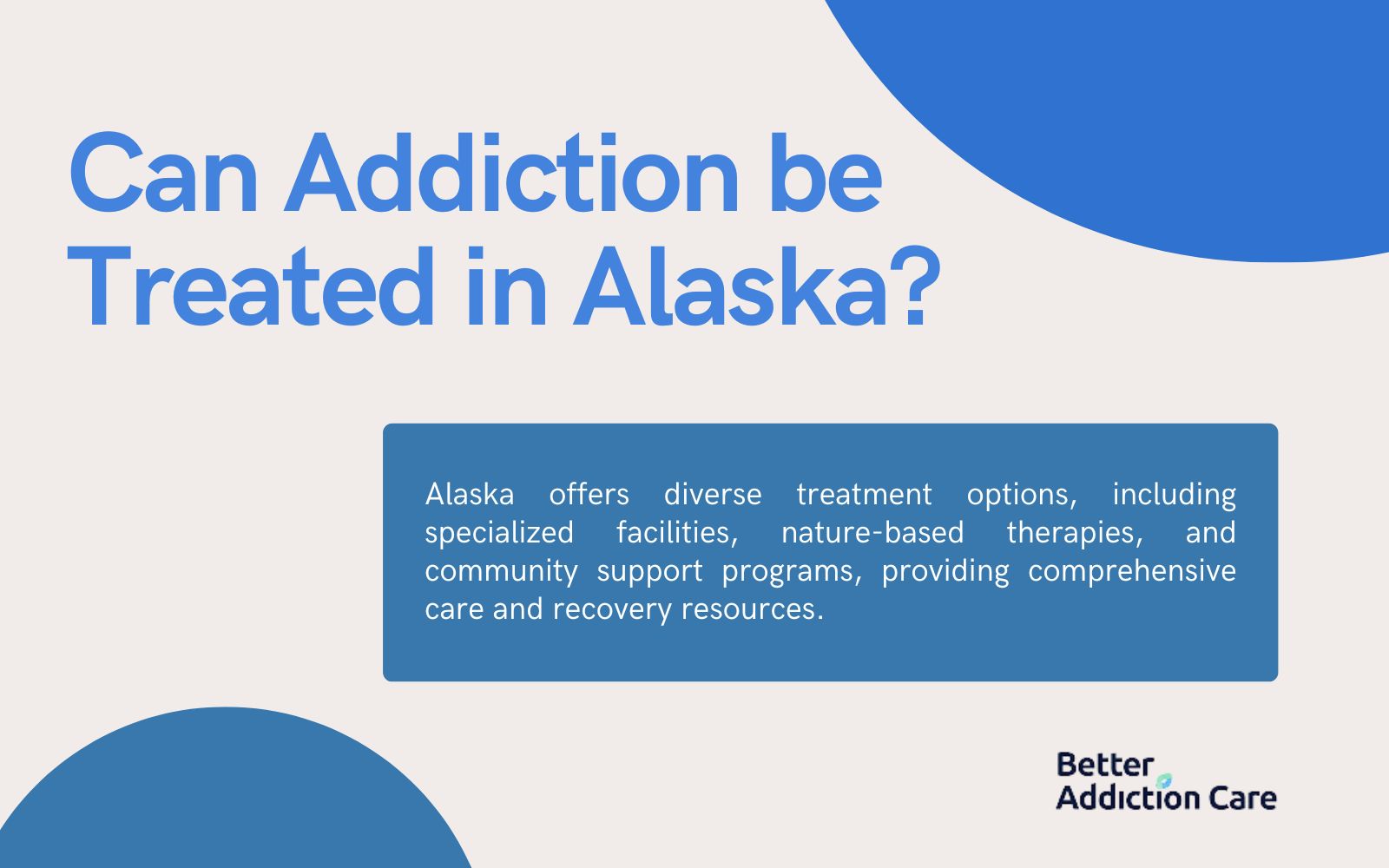
Thirdly, there are robust community support systems, including peer support groups and state-funded programs, which offer continued care and resources for individuals even after completing formal treatment. These factors make Alaska a strong choice for addiction recovery.
What is the state of Alaska?
The state of Alaska is the largest state in the USA by area, located in the northwest corner of North America. It is bordered by Canada (Yukon and British Columbia) to the east, the Arctic Ocean to the north, the Pacific Ocean to the south, and the Bering Sea to the west. Despite its vast size, Alaska has a relatively small population of 733,000 people, with 376,000 males and 357,000 females.
Economically, Alaska is a resource-rich state, primarily driven by its oil, gas, fishing, and tourism industries. It has a higher median household income compared to many states, at $80,000. However, the wealth is unevenly distributed, with some rural areas experiencing high levels of poverty due to limited access to jobs and services. Overall, Alaska's economy benefits significantly from its natural resources but faces challenges related to geographic isolation and fluctuating oil revenues.
What is the population of Alaska?
The population of Alaska stands at 733,391 (96.9%), as of the 2024 Census. The gender distribution shows that there are 384,160 males, accounting for 52.4% of the total population, while females make up 47.6% with a count of 349,231. The population is also spread across various age groups: 6.7% are under 5 years old (49,210 individuals), while those aged 5 to 9 years represent 6.8% (50,000 people).
The 10 to 14 age group accounts for 7.1% (52,000), and the 15 to 19 category makes up 7.5% (55,000). Young adults aged 20 to 24 years comprise 8.2% of the population (60,000), while the largest age group, 25 to 34 years, accounts for 15.0% (110,000). The 35 to 44 age group represents 12.3% (90,000), and those aged 45 to 54 makeup 10.9% (80,000). Individuals aged 55 to 64 represent 12.3% (90,000), while those 65 years and older constitute 13.2% (97,000). This demographic data provides a comprehensive overview of Alaska's population distribution by gender and age.
What is the income of people from Alaska?
The income of people from Alaska is $45,792, per capita income, as of 2024, slightly higher than the national average of $43,313. The median household income in Alaska is $80,000, which surpasses the U.S. median of $74,606. Gender-based income differences are also notable, with males working full-time year-round earning a median income of $70,177, compared to $60,571 for their female counterparts.
Income varies significantly across age groups: households under 25 years have a median income of $46,000, while those aged 25 to 44 have a median income of $90,000. For individuals aged 45 to 64, the median household income rises to $102,313, while it declines to $60,000 for those 65 years and older. These figures reflect the economic landscape of Alaska, showing disparities in income across age groups and genders.


